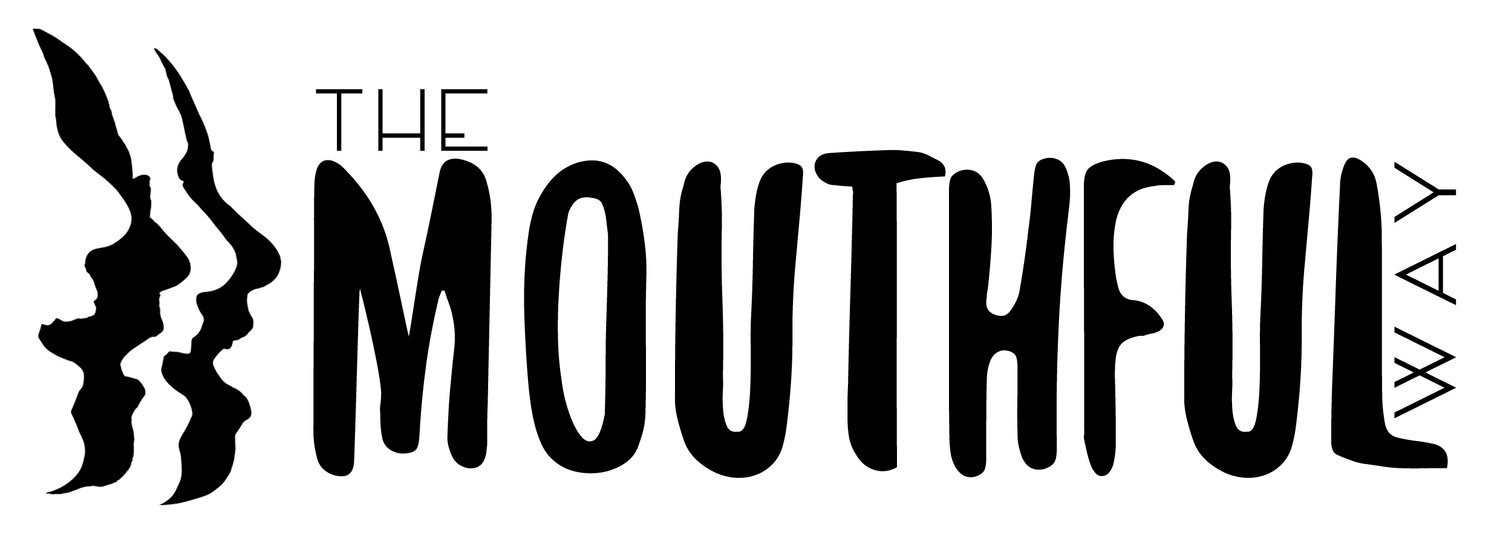Fellowship of Hill and Wind and Sunshine
The 'Fellowship' project was an exciting mountain-top singing project led by Dave from Mouthful, the National Trust and University of York, with funding from Arts Council England and the Arts and Humanities Research Council. More detailed info on the National Trust website. The project won the coveted National Trust ‘Outstanding Achievement’ Award 2019 and the Cumbria Cuilture ‘Best Partnership’ Award 2019.

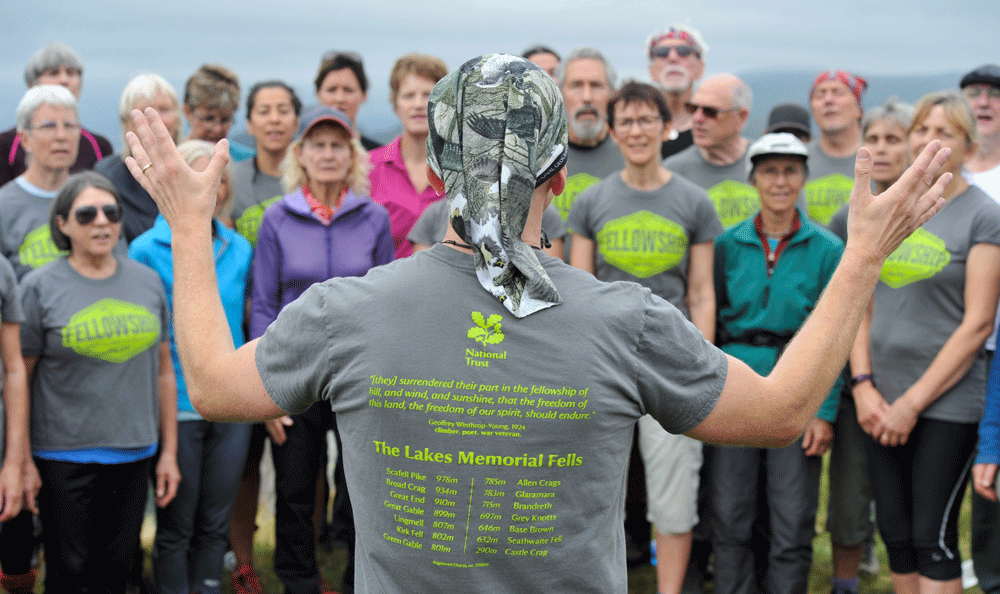
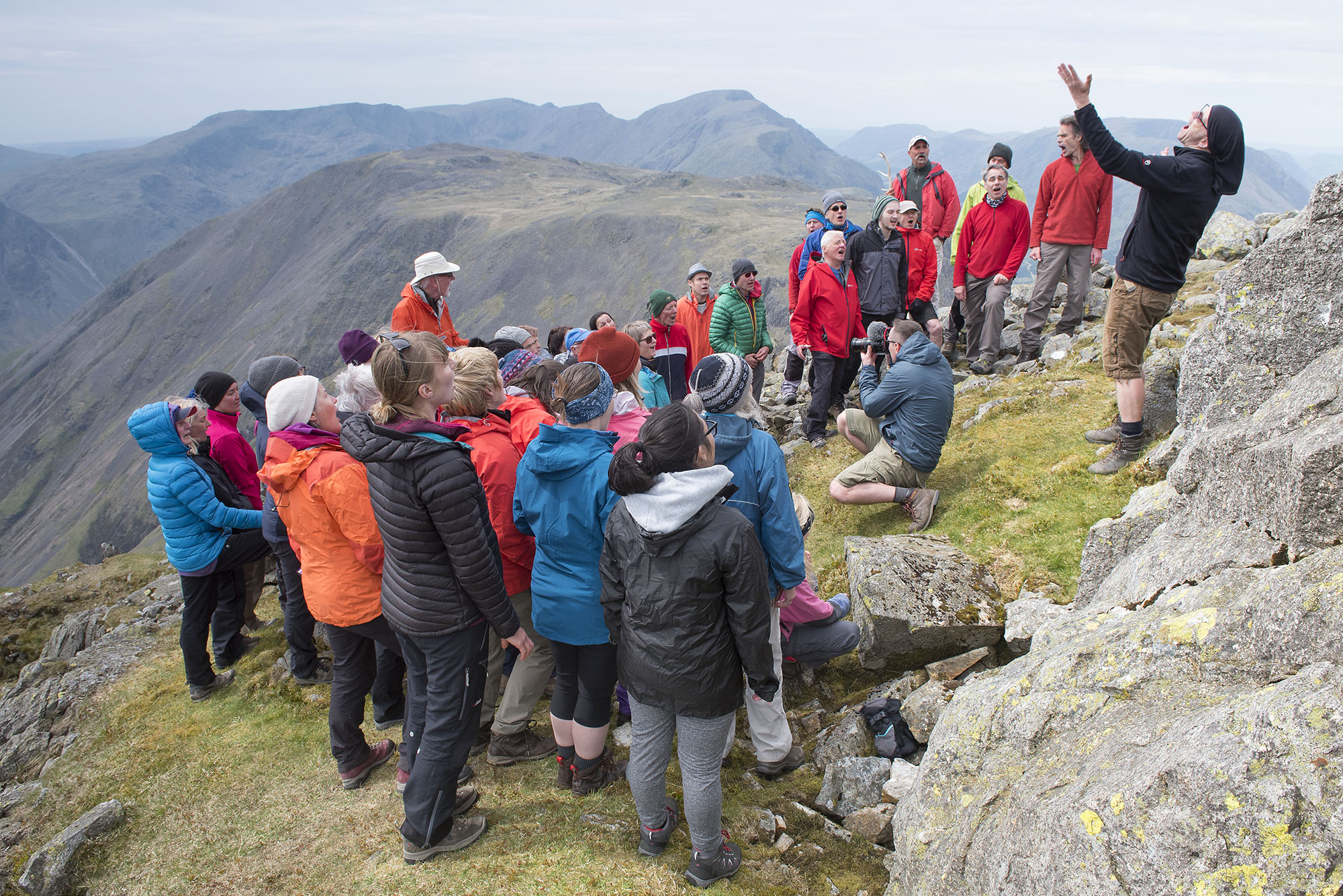
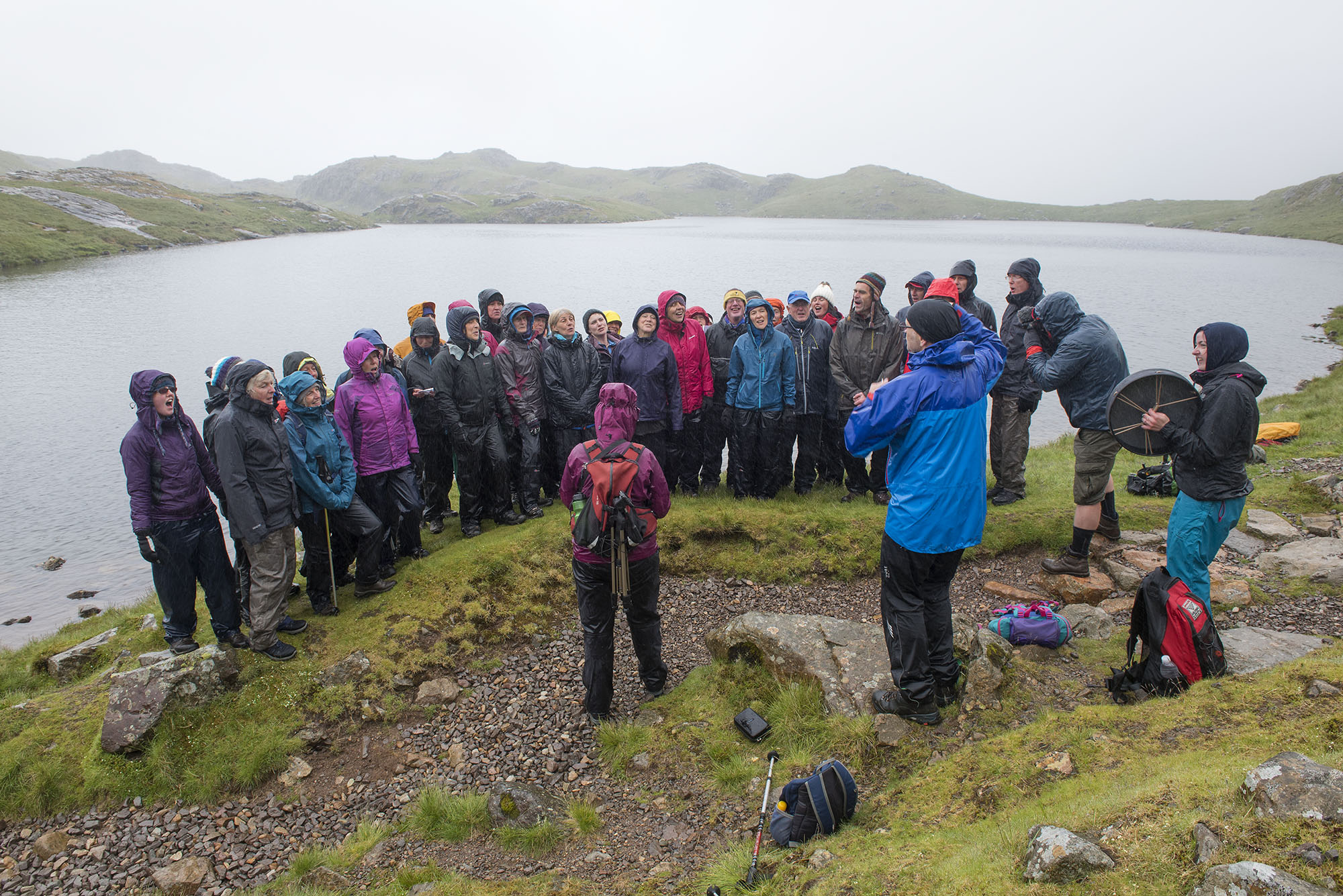
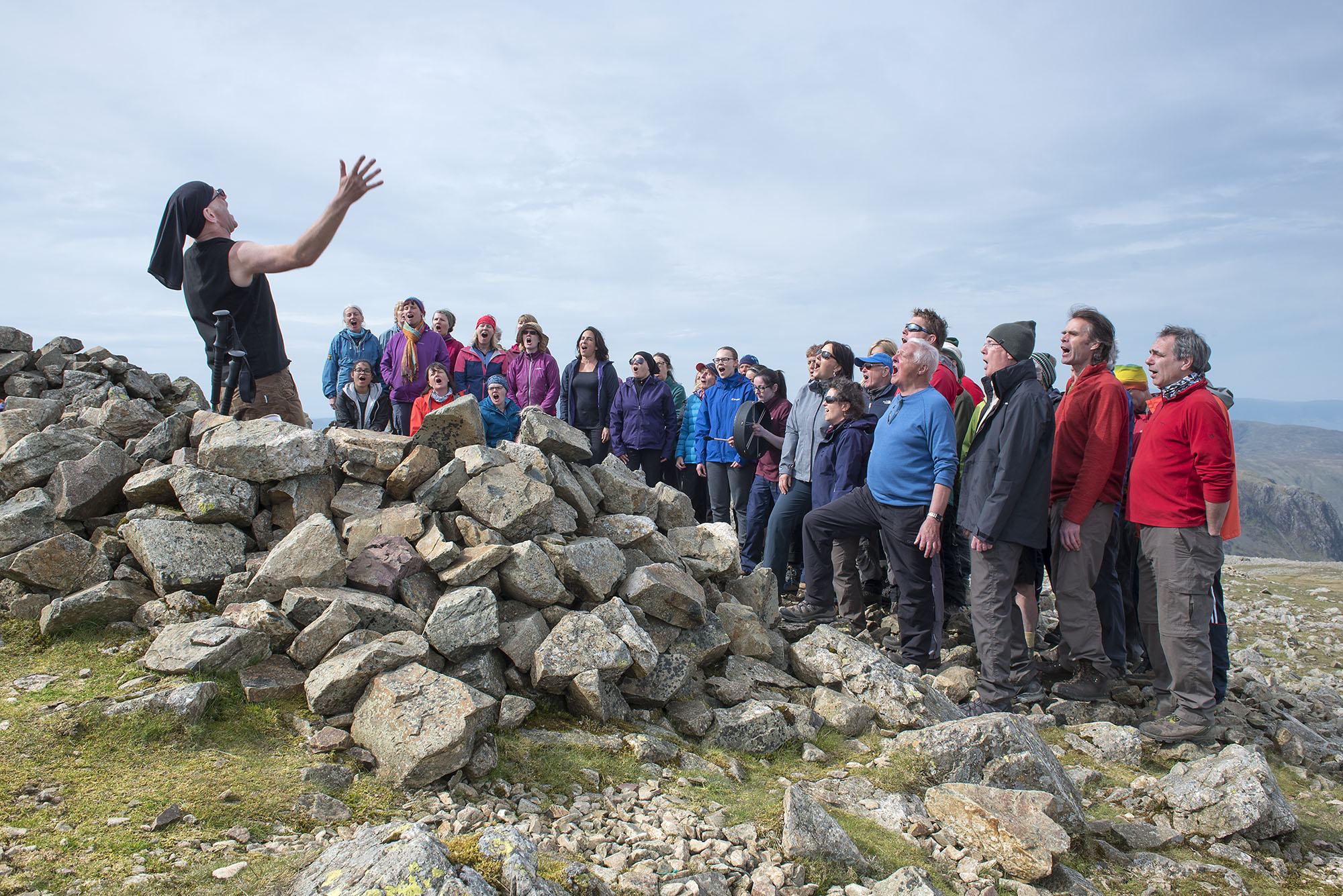

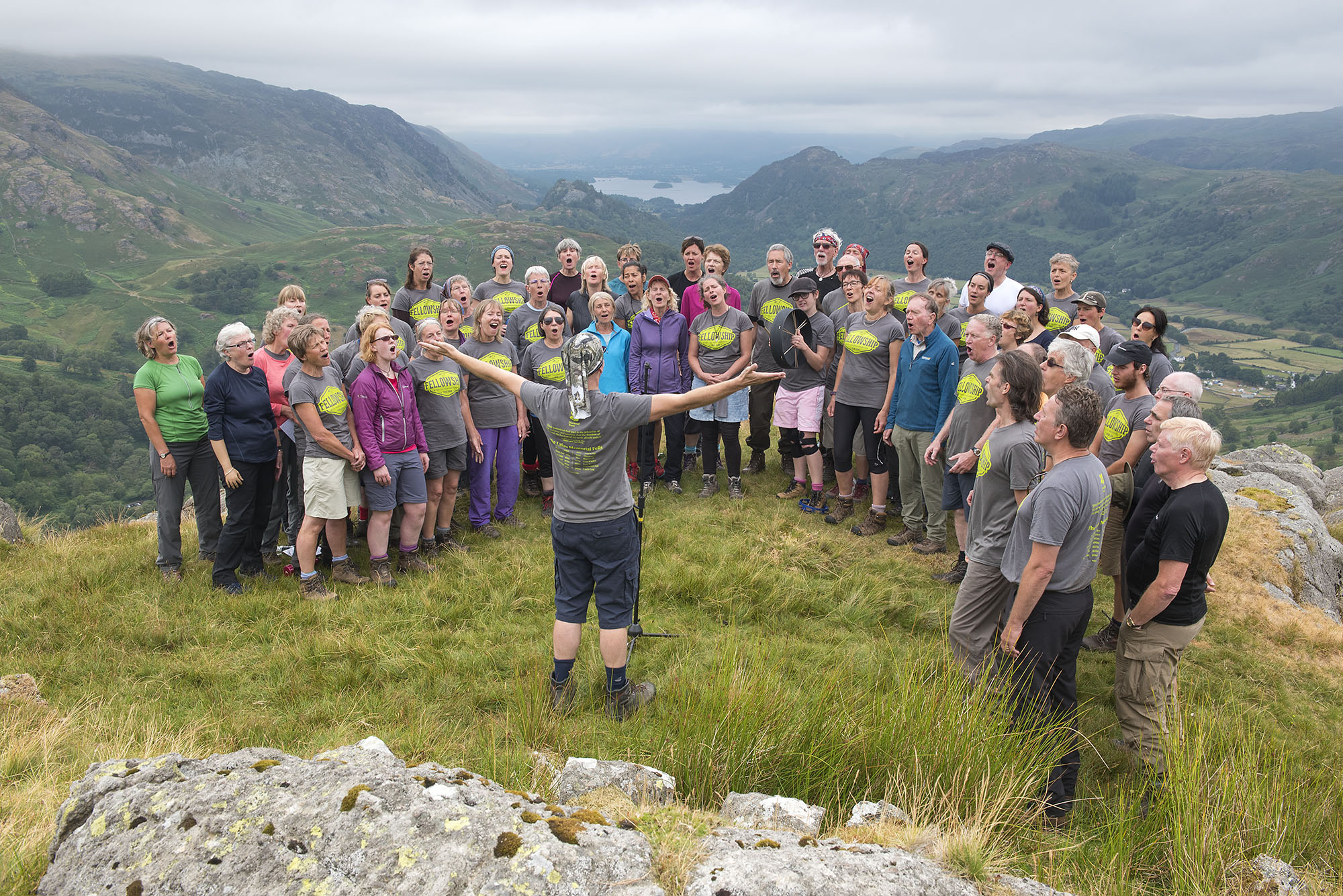
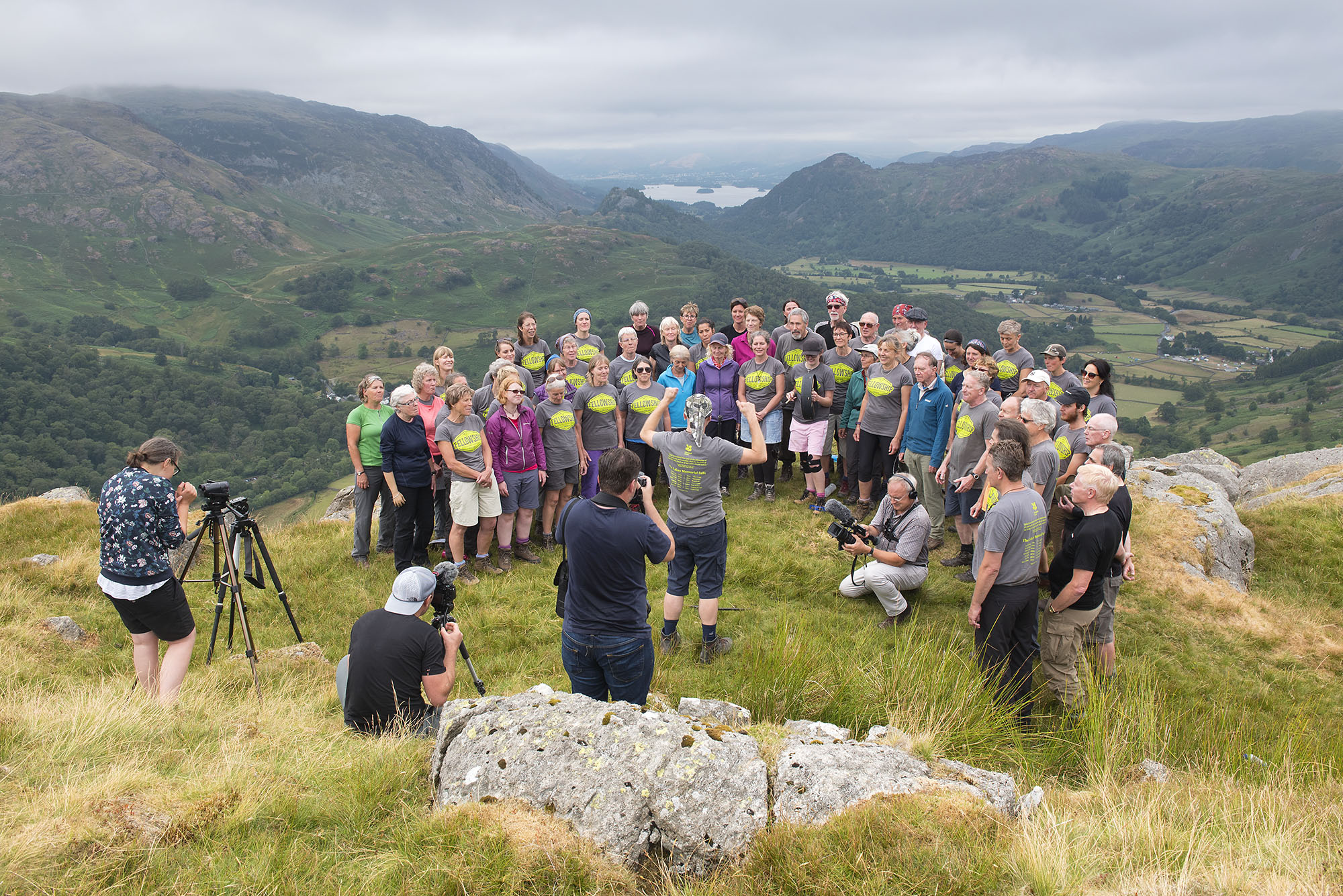
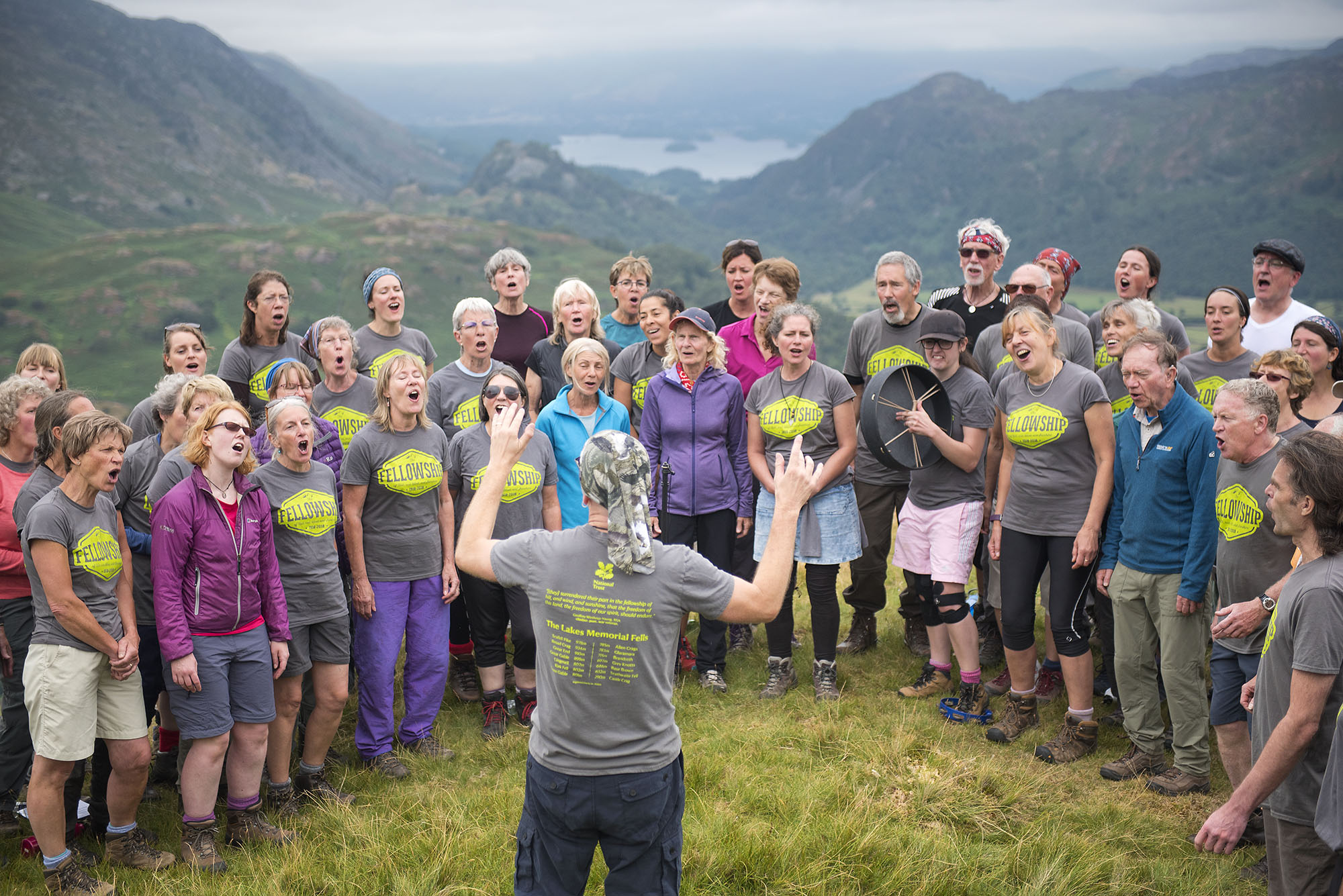
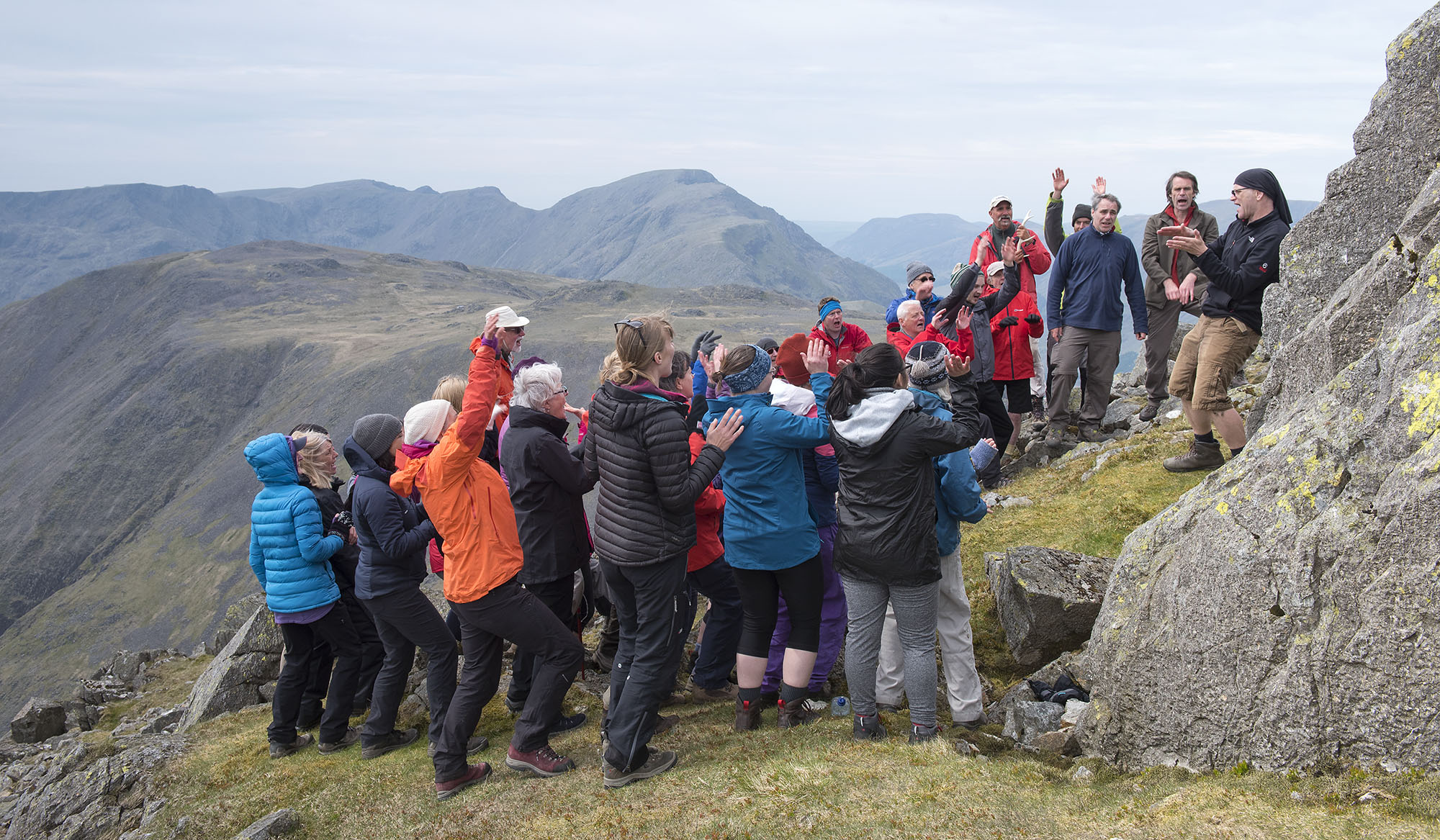
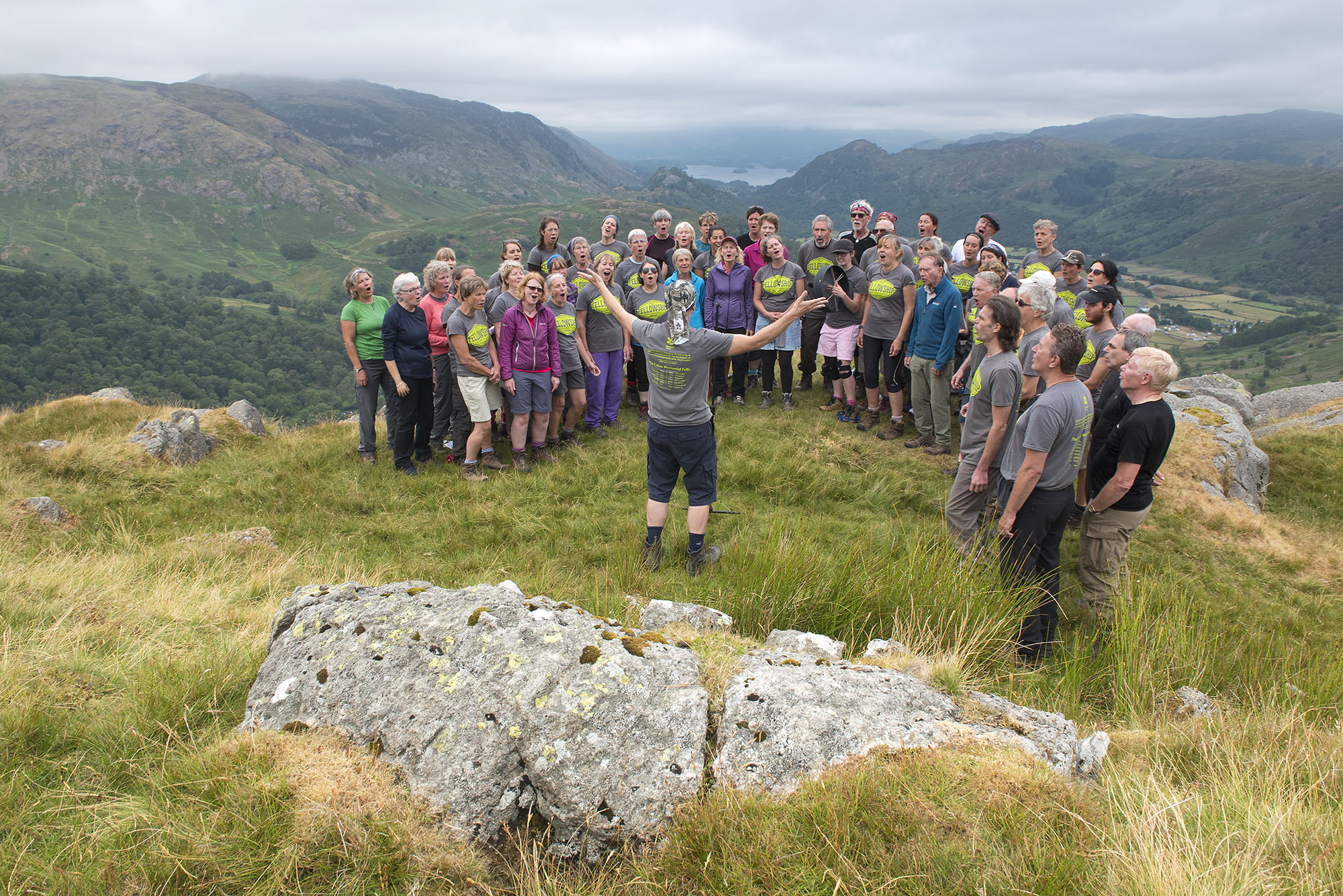

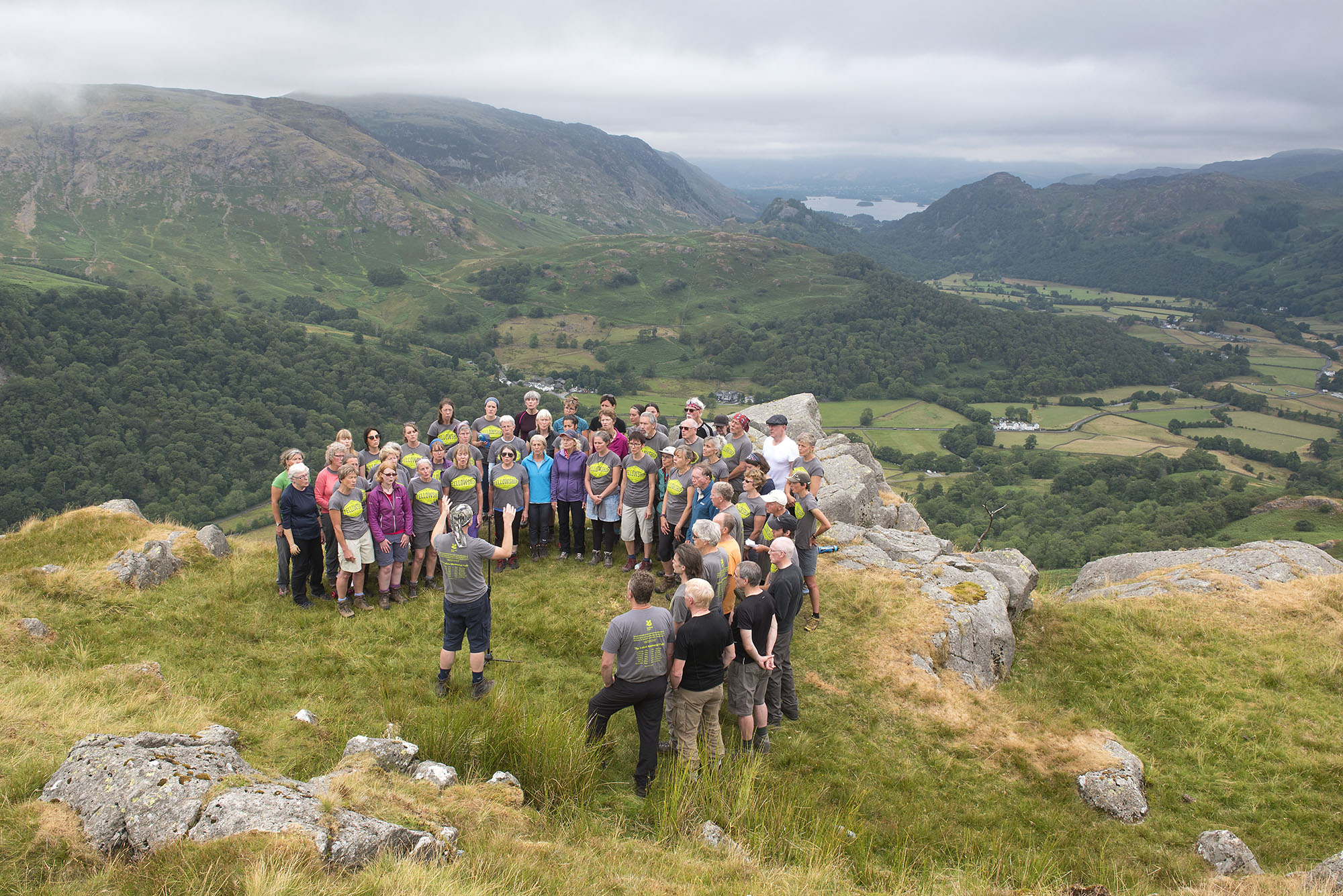

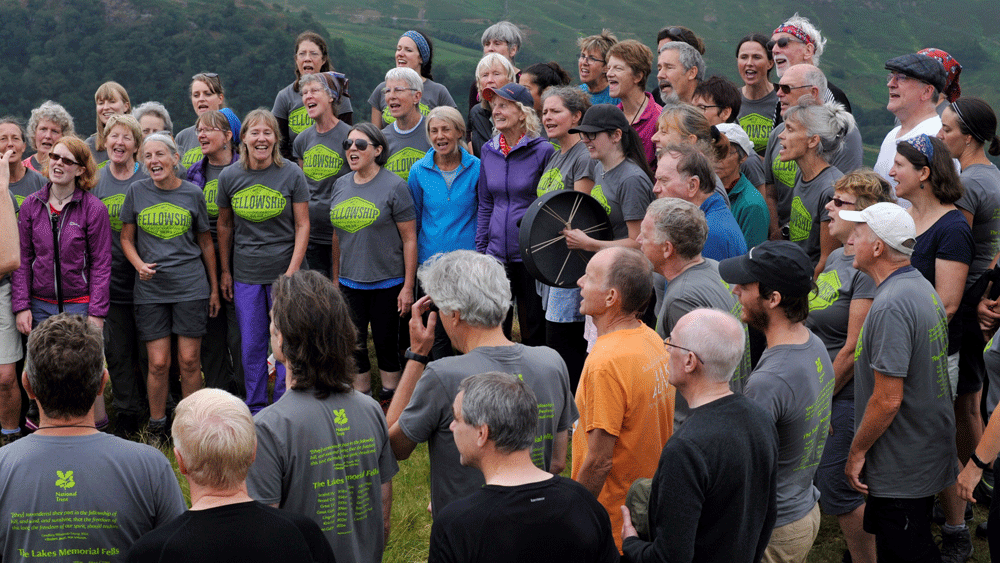

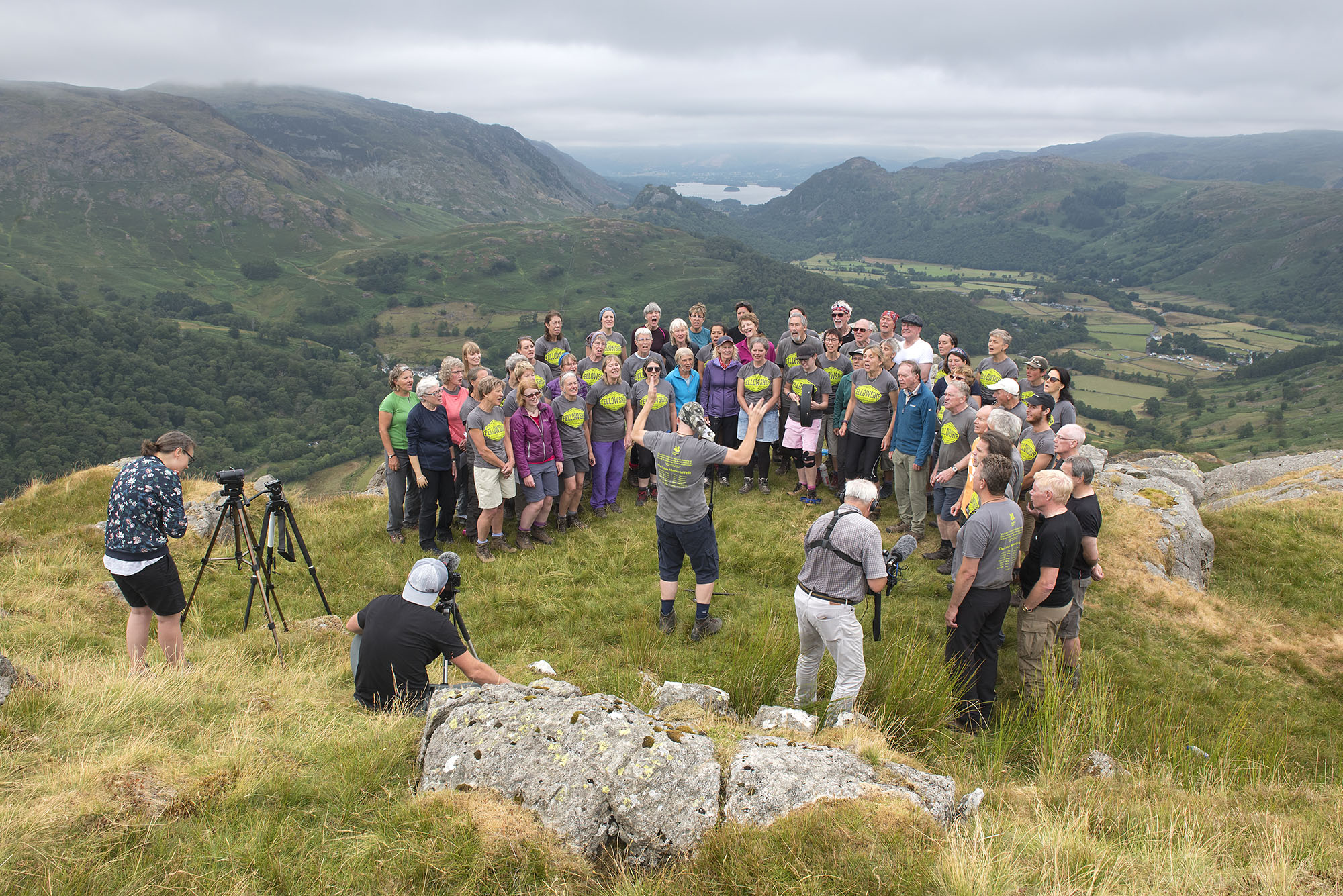
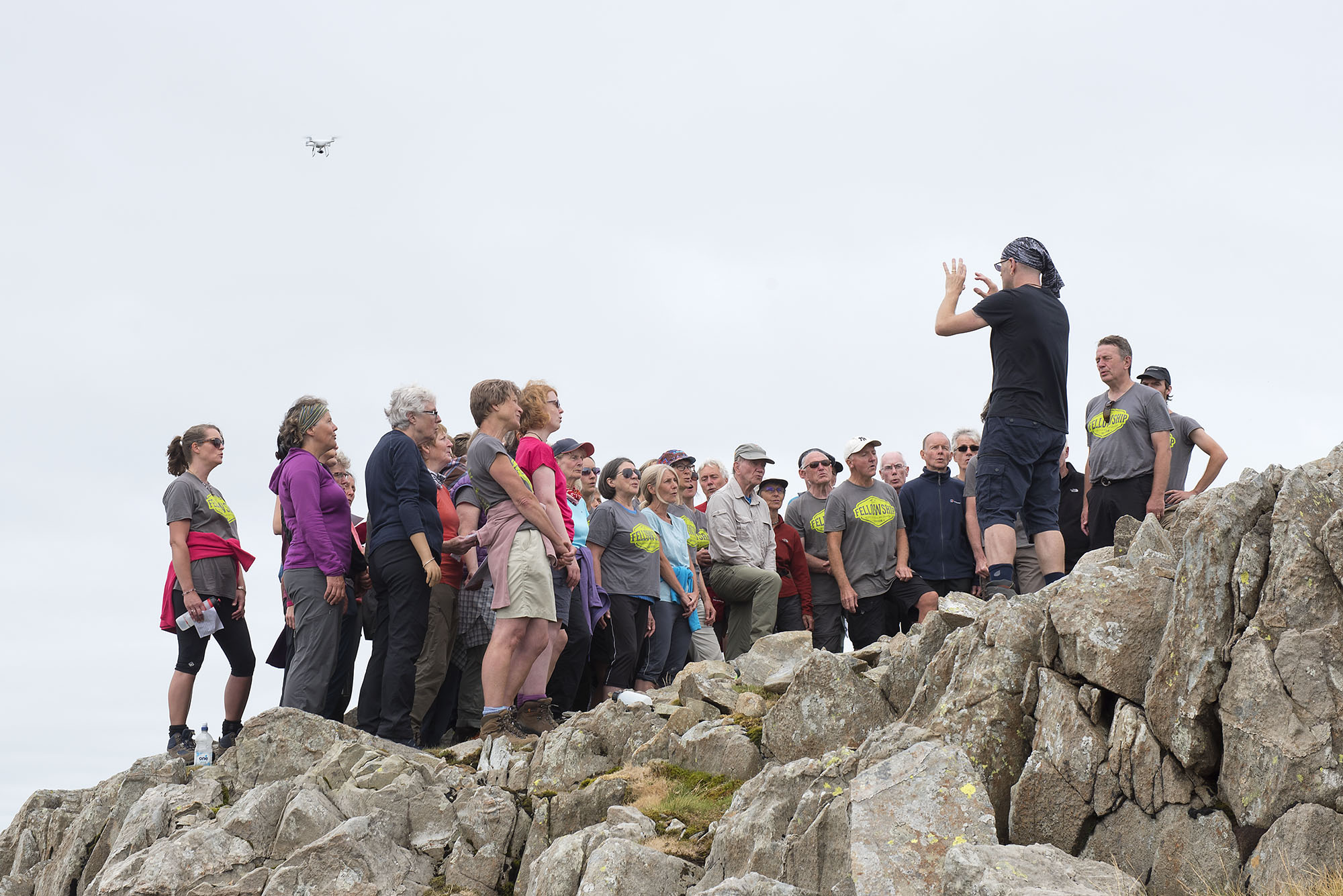

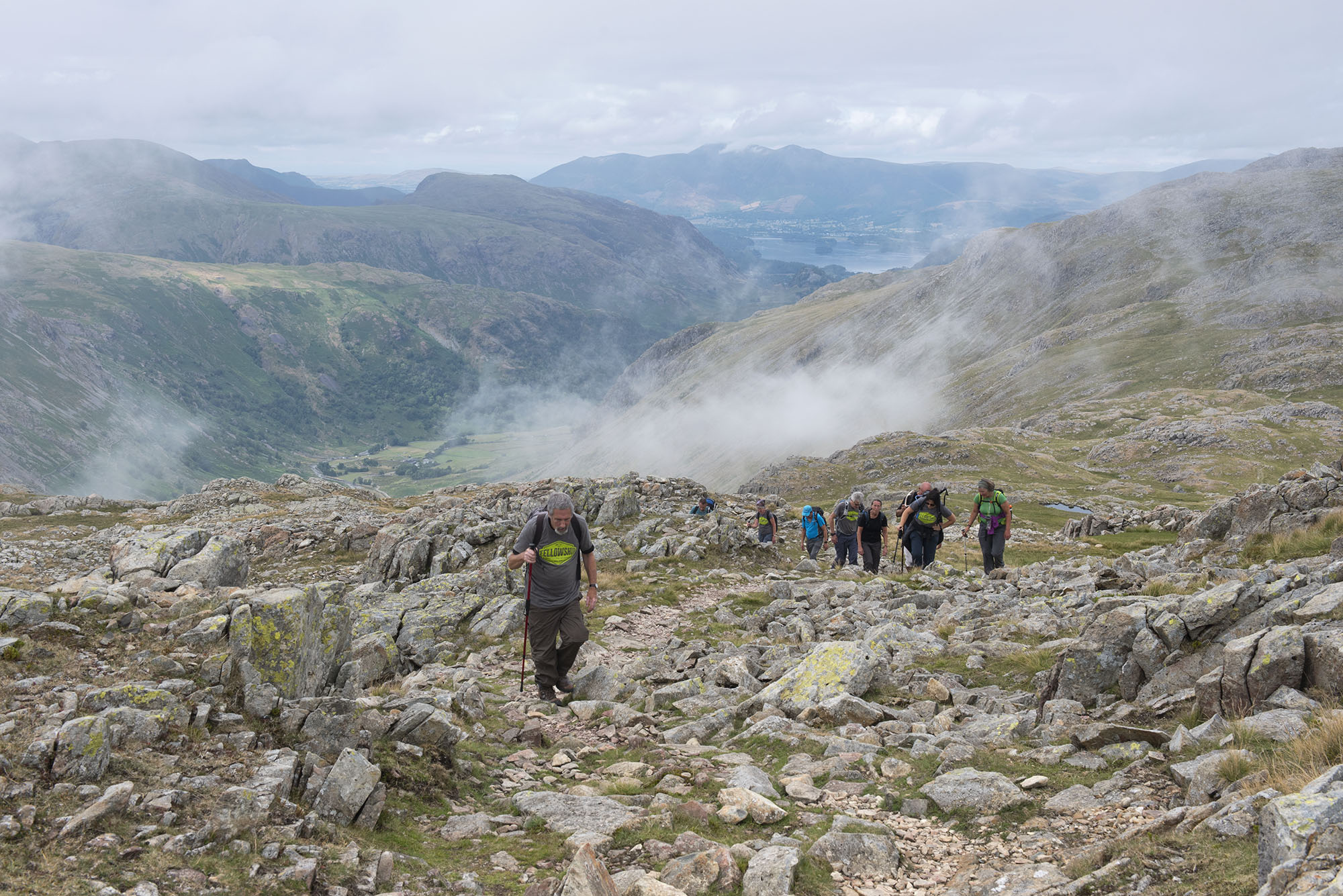
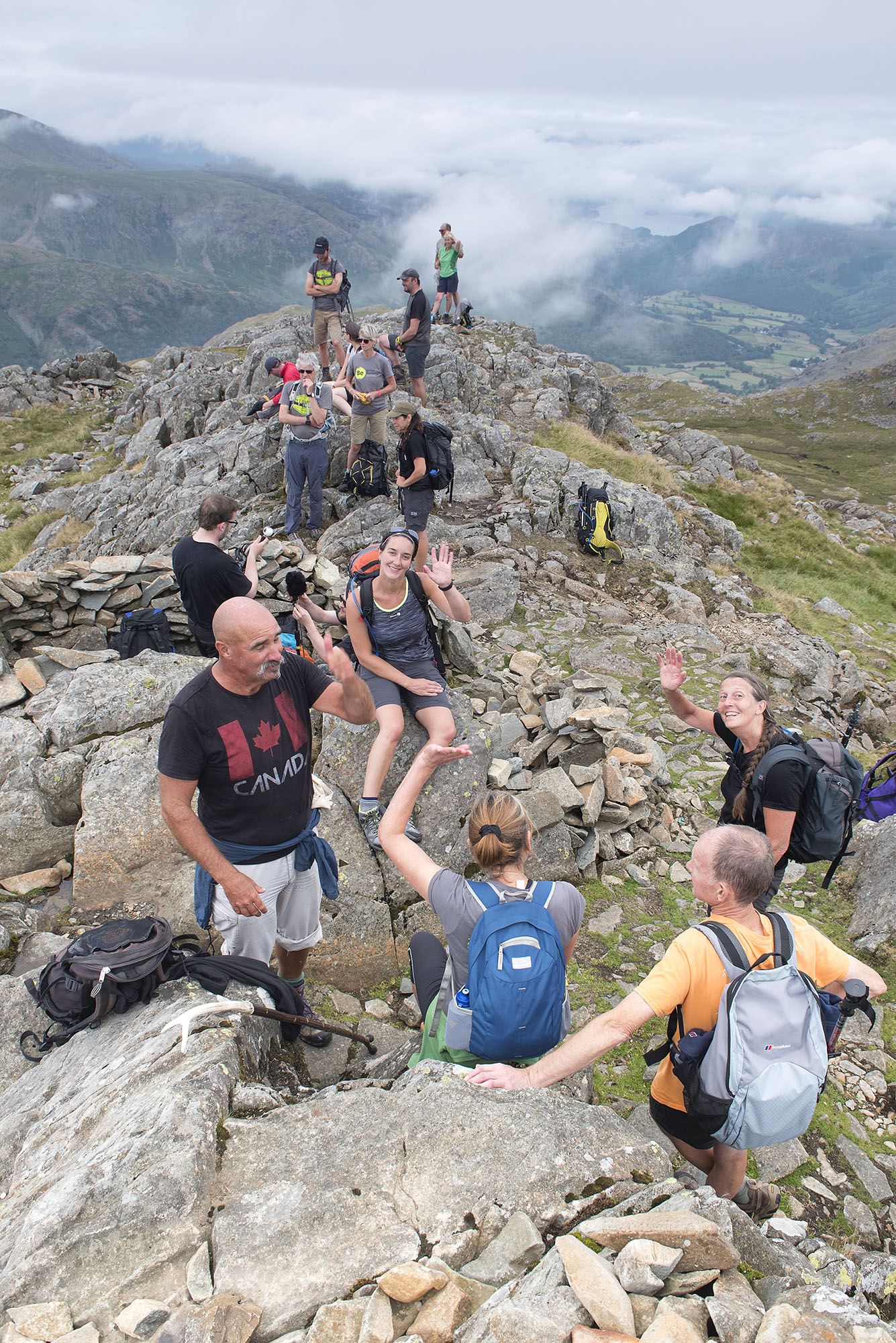

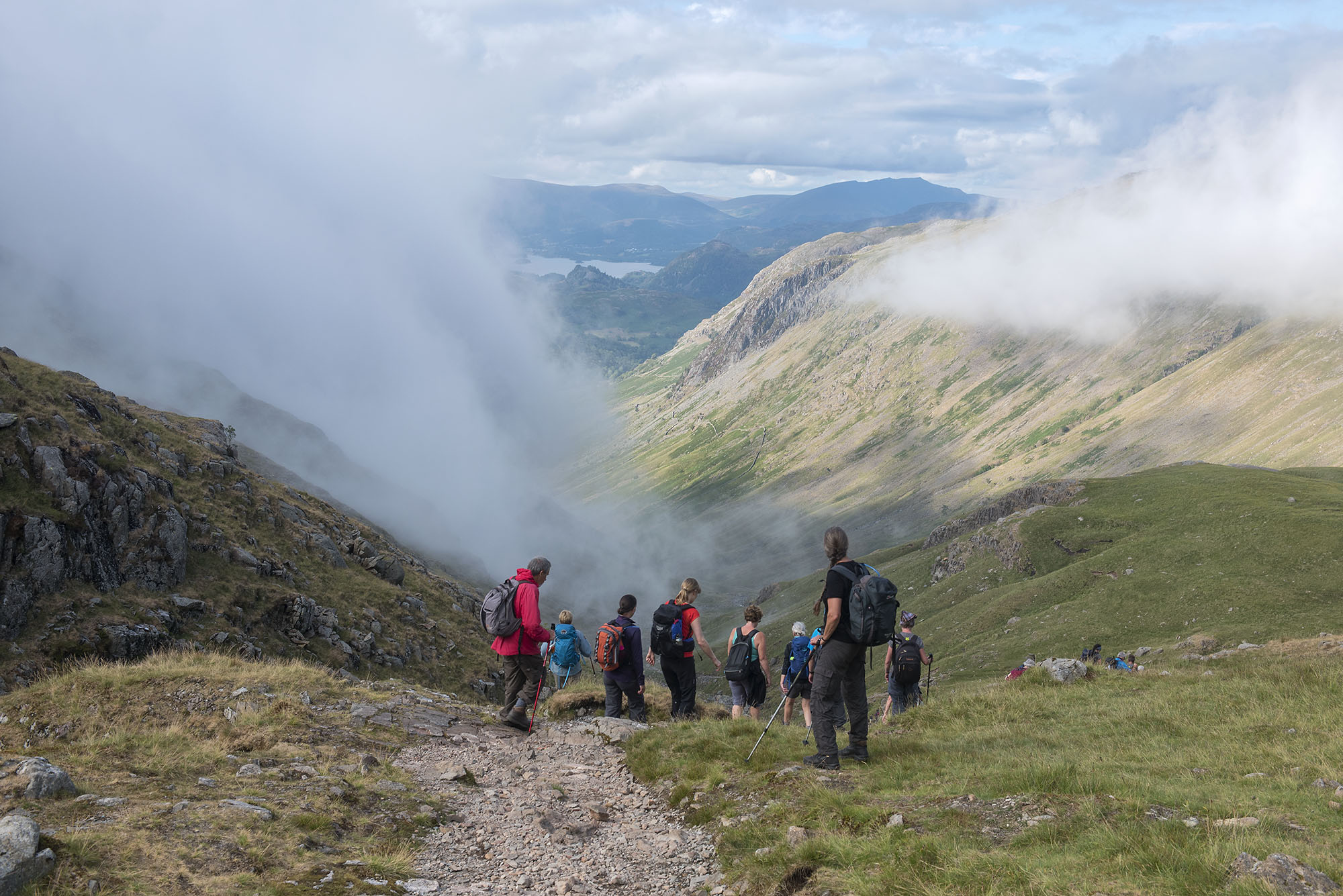
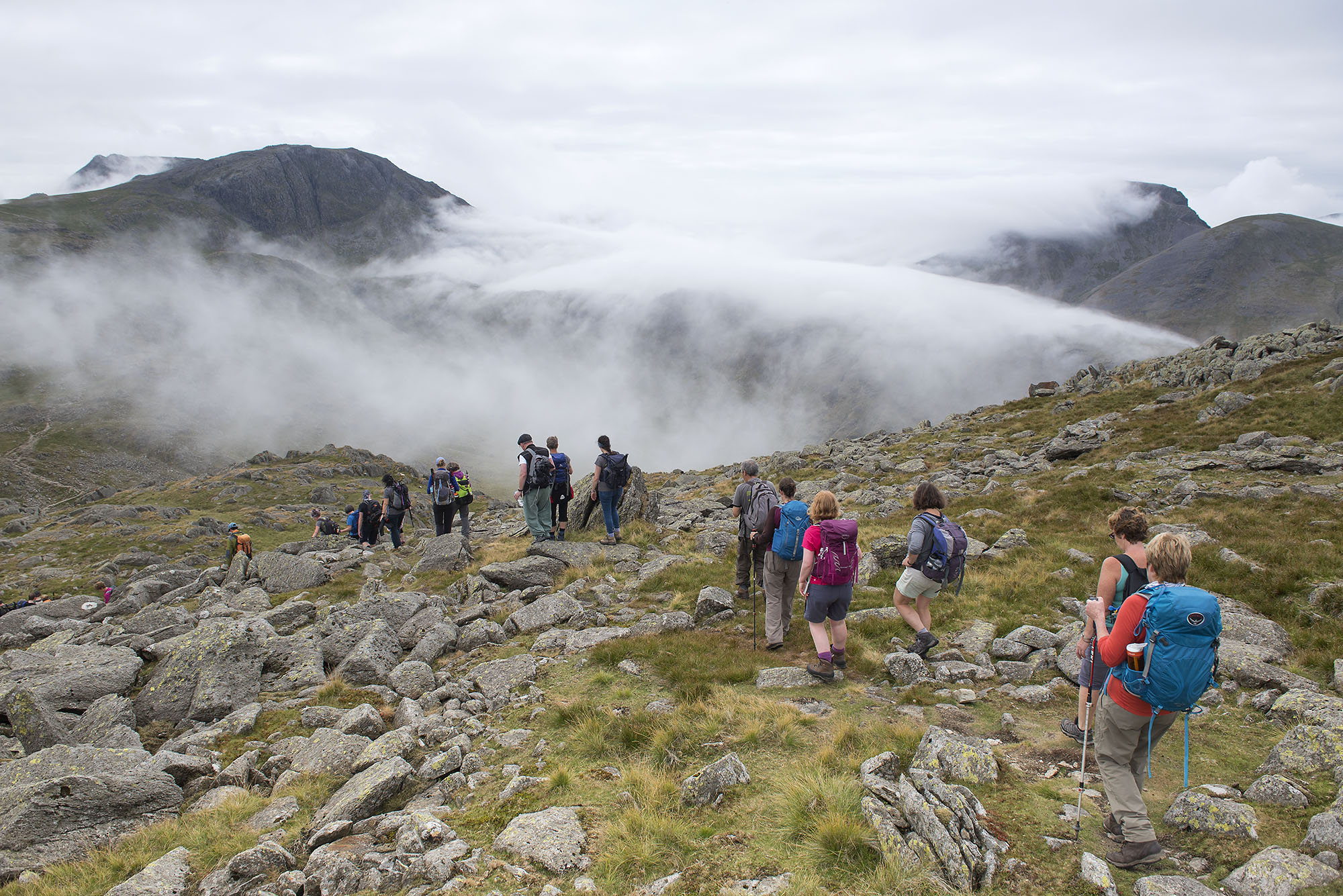
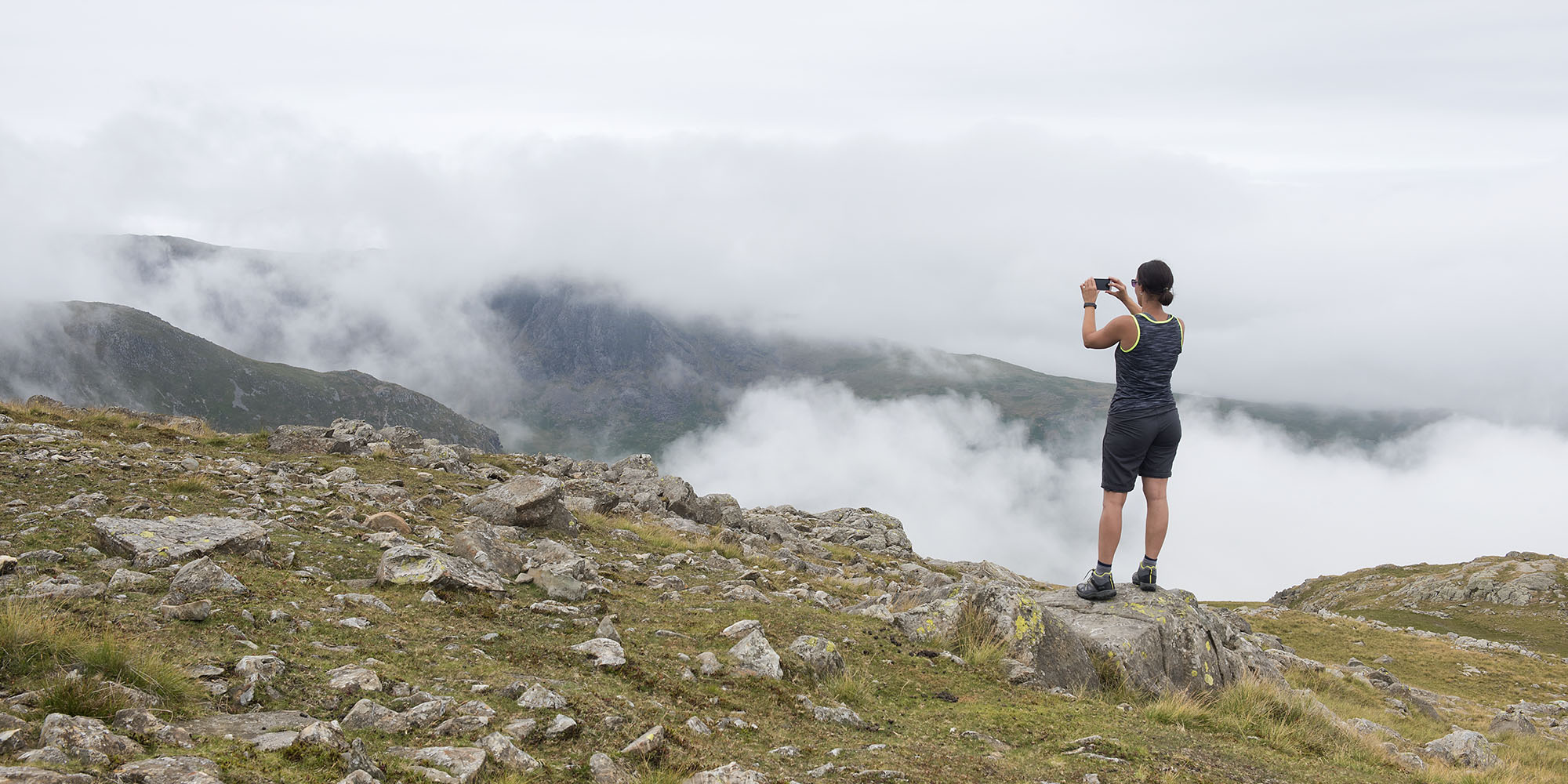
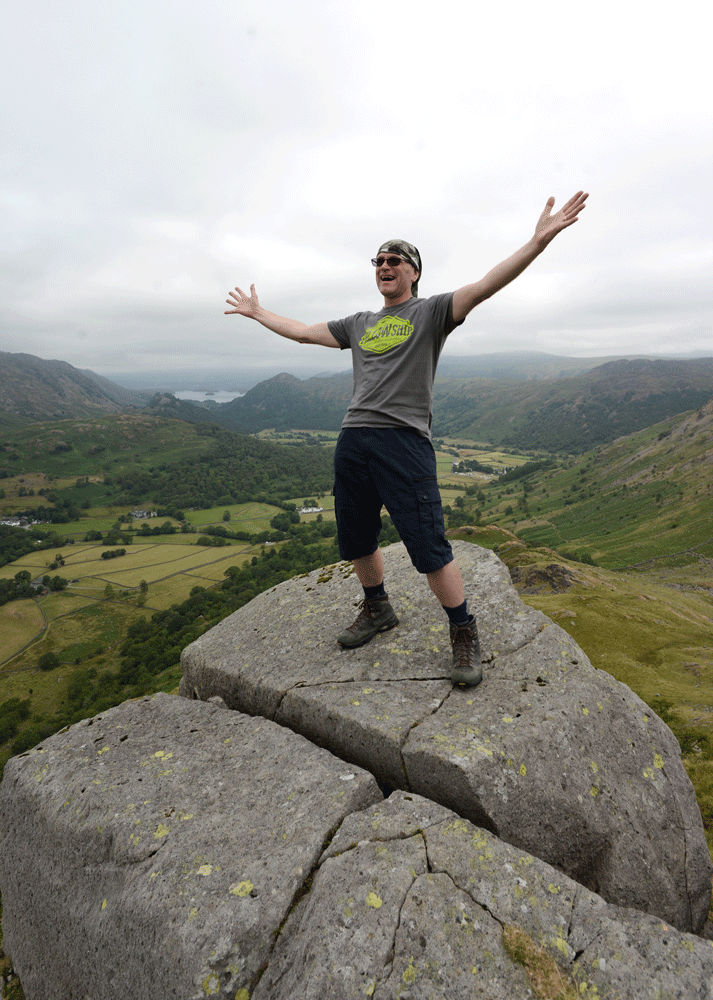
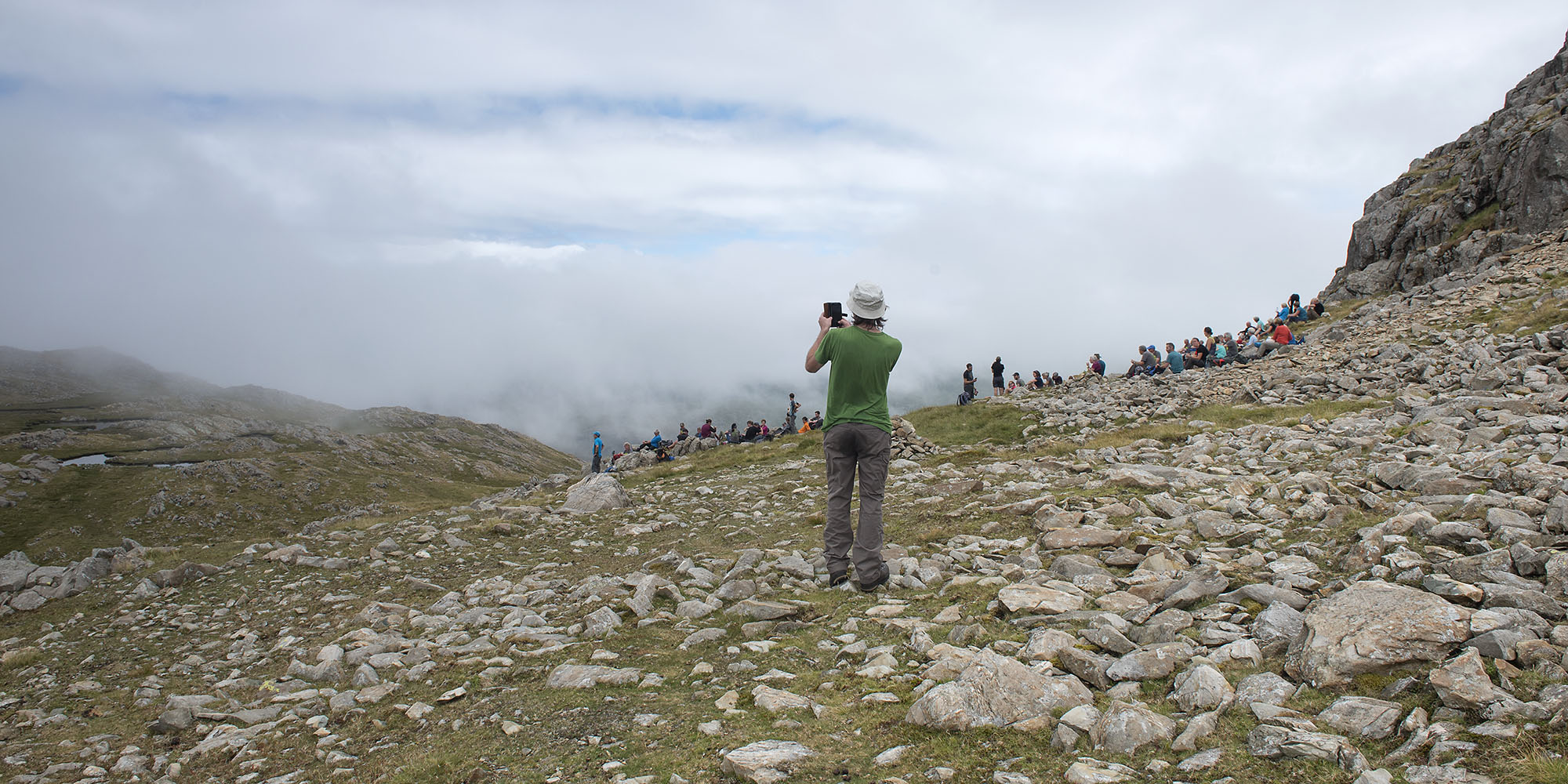
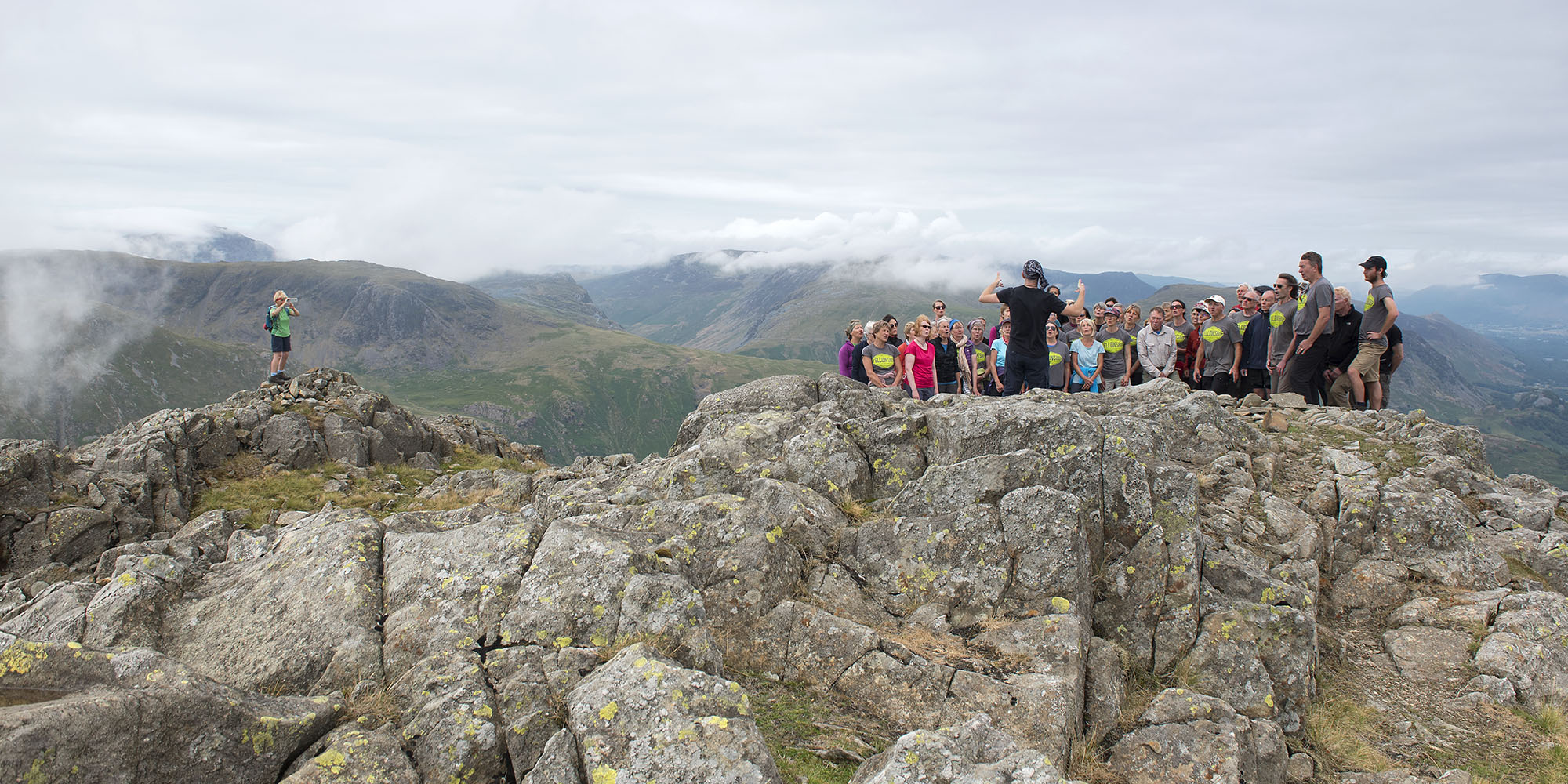

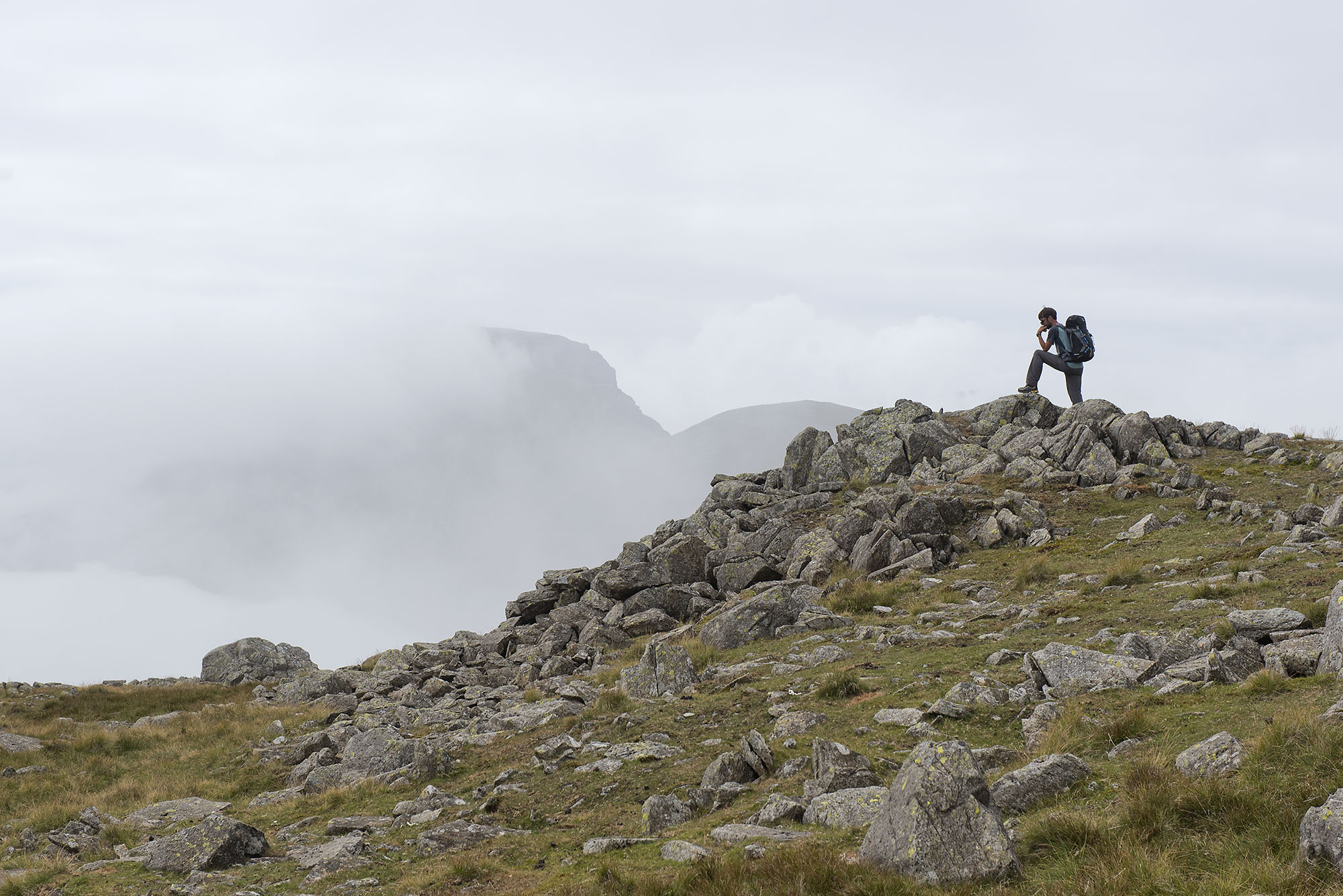
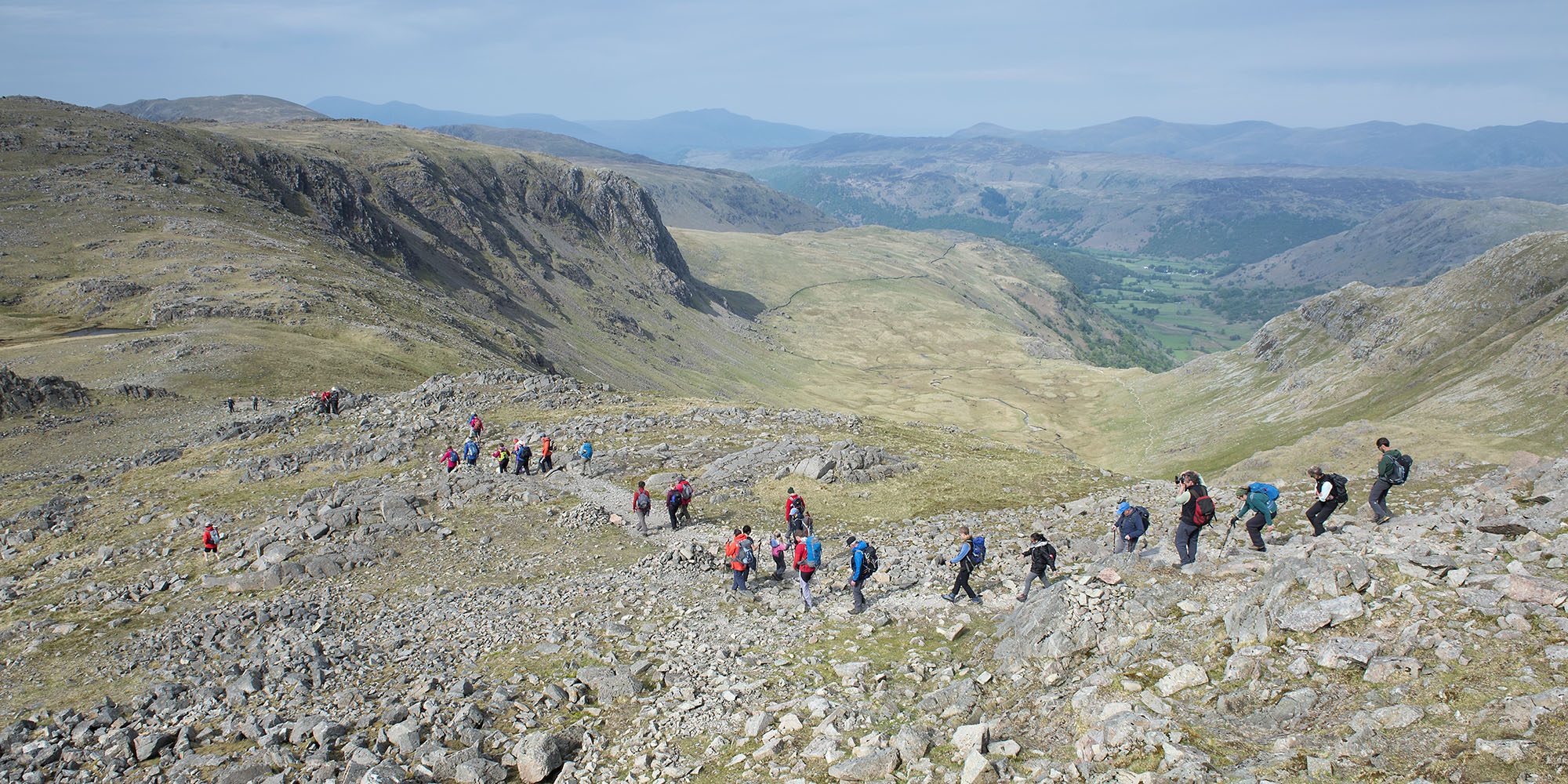

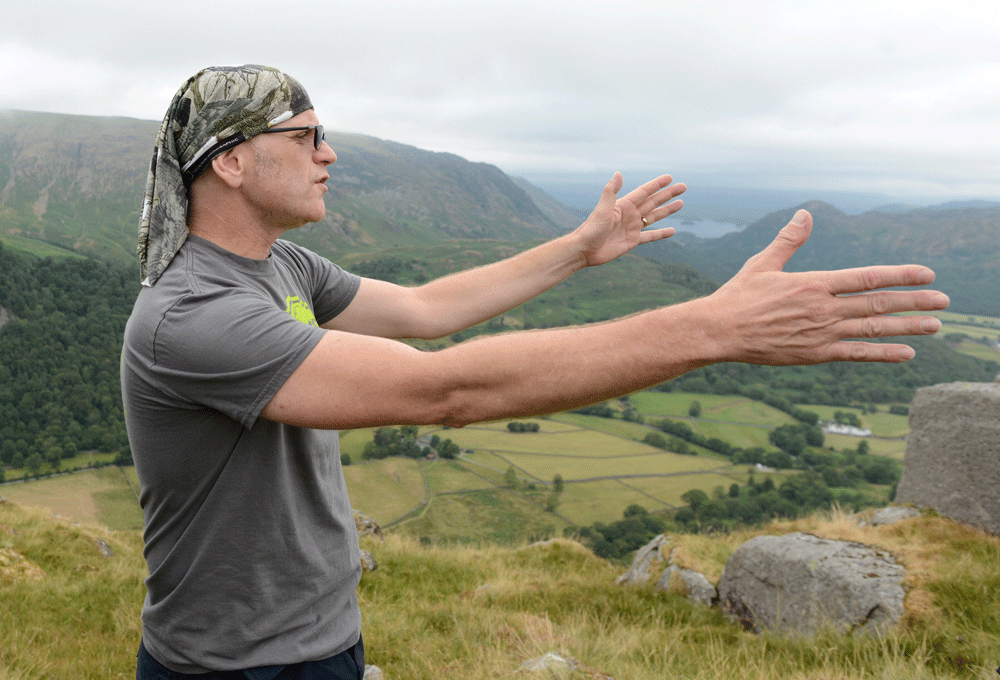
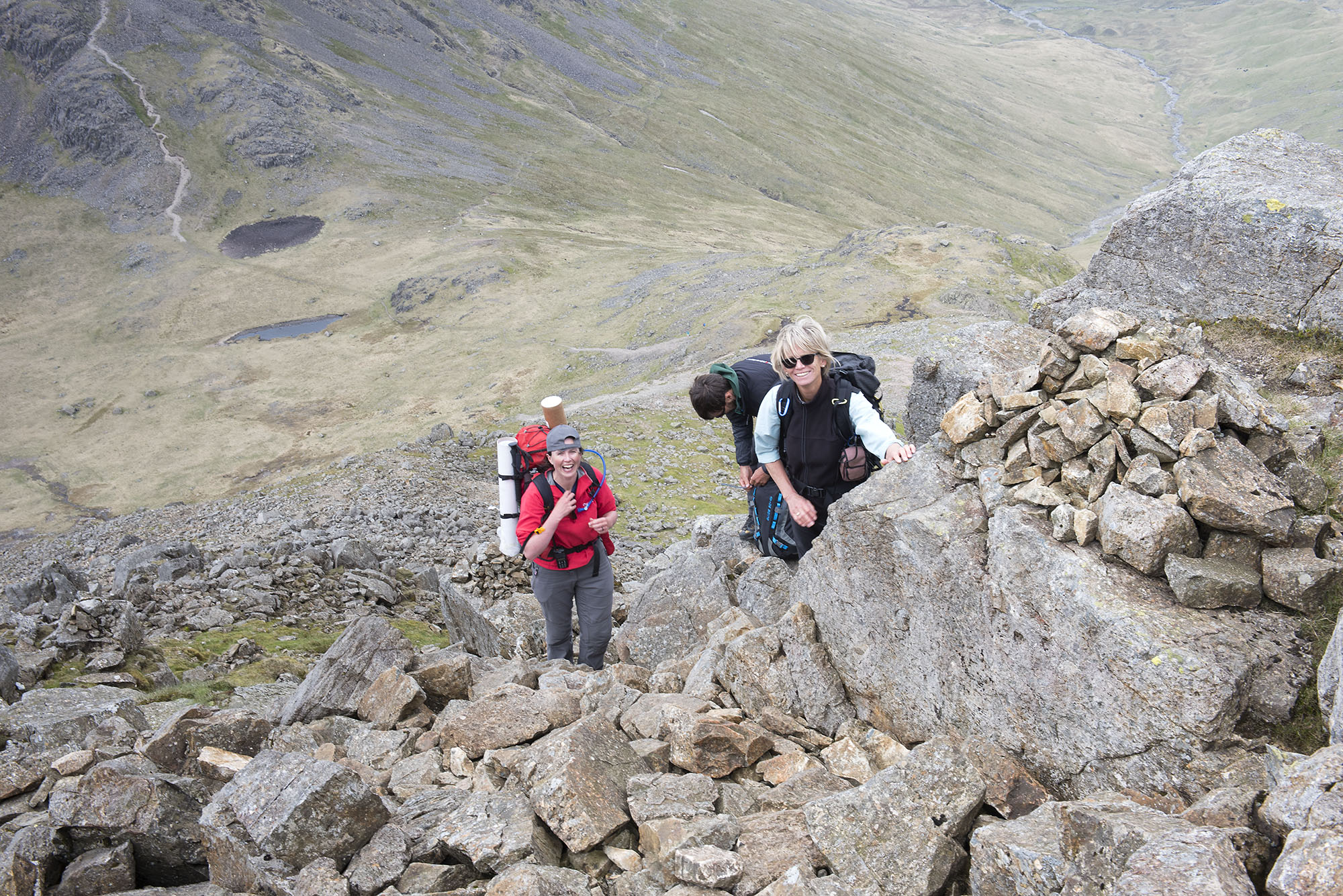
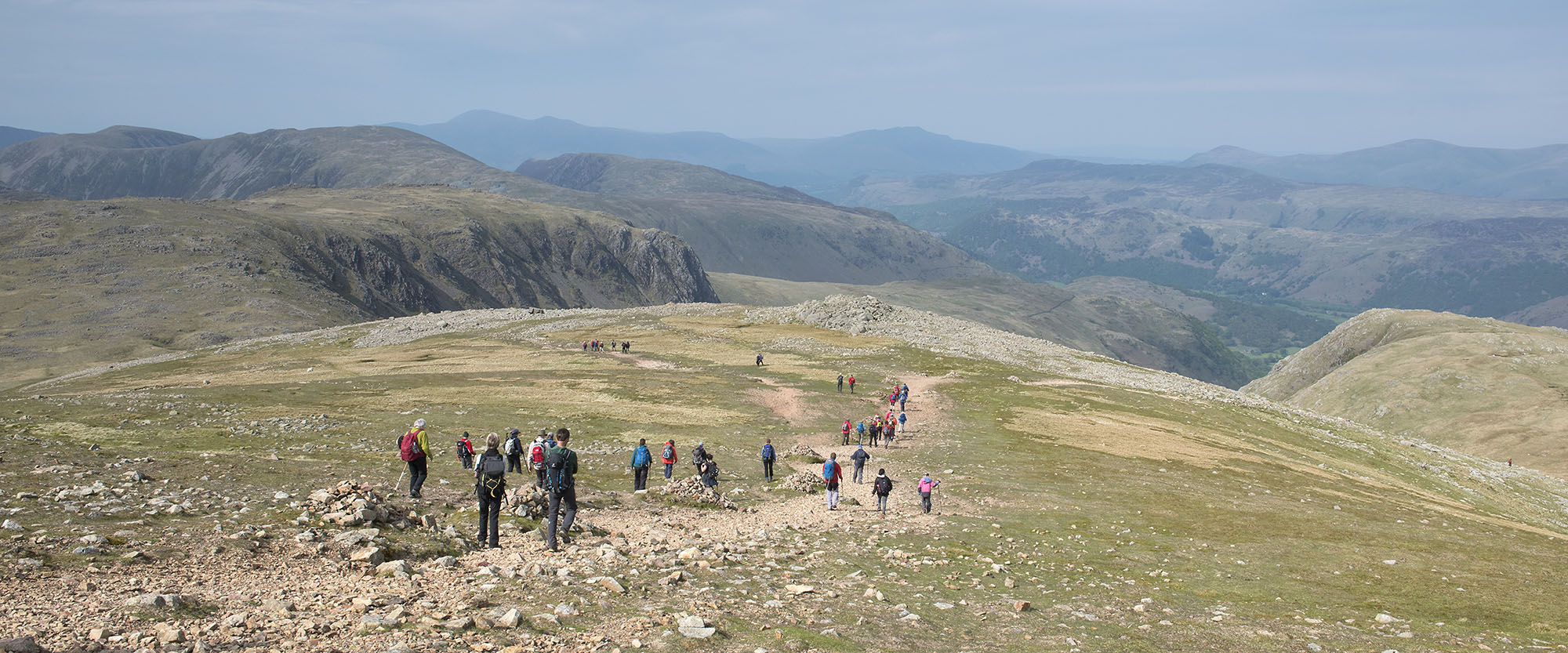


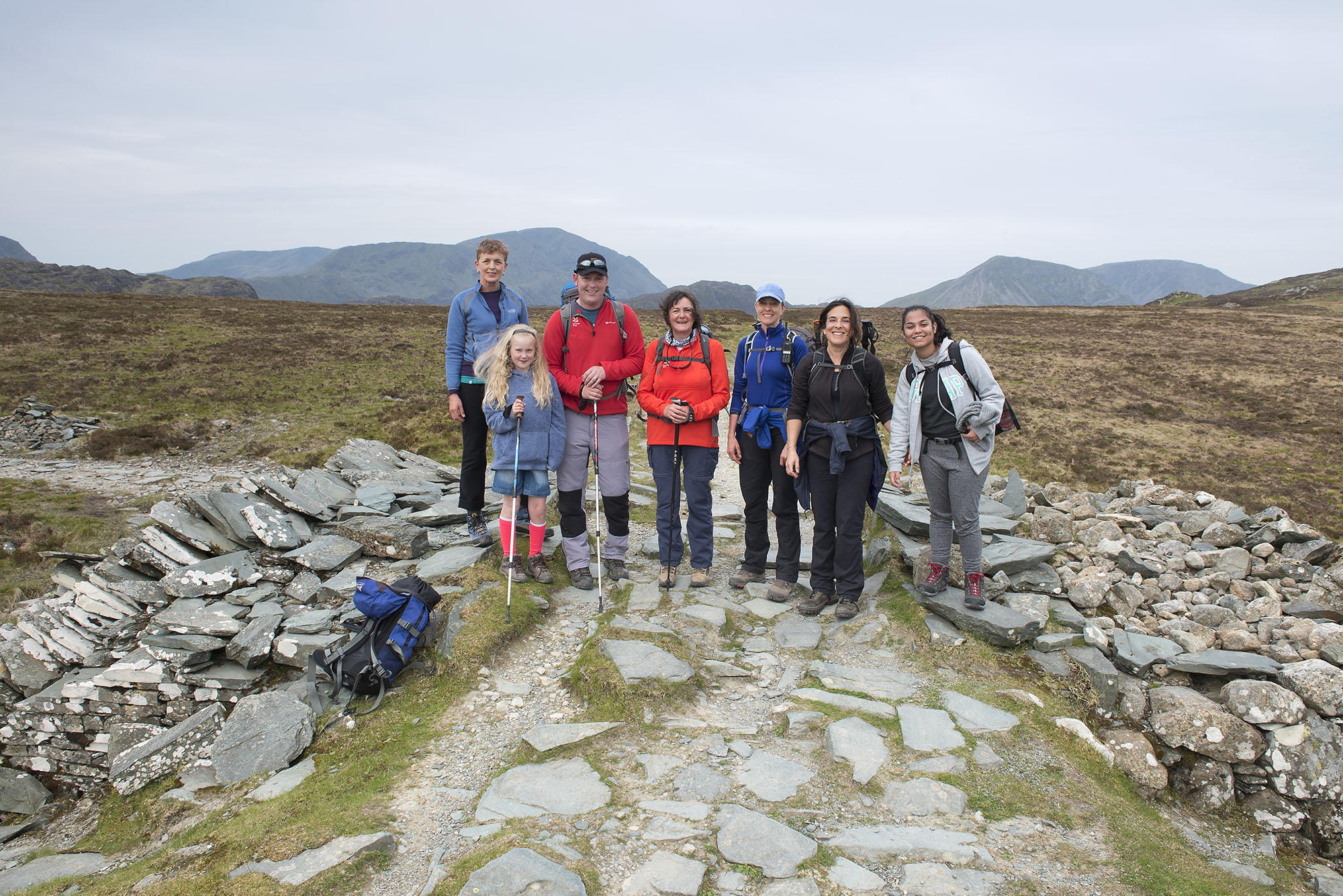
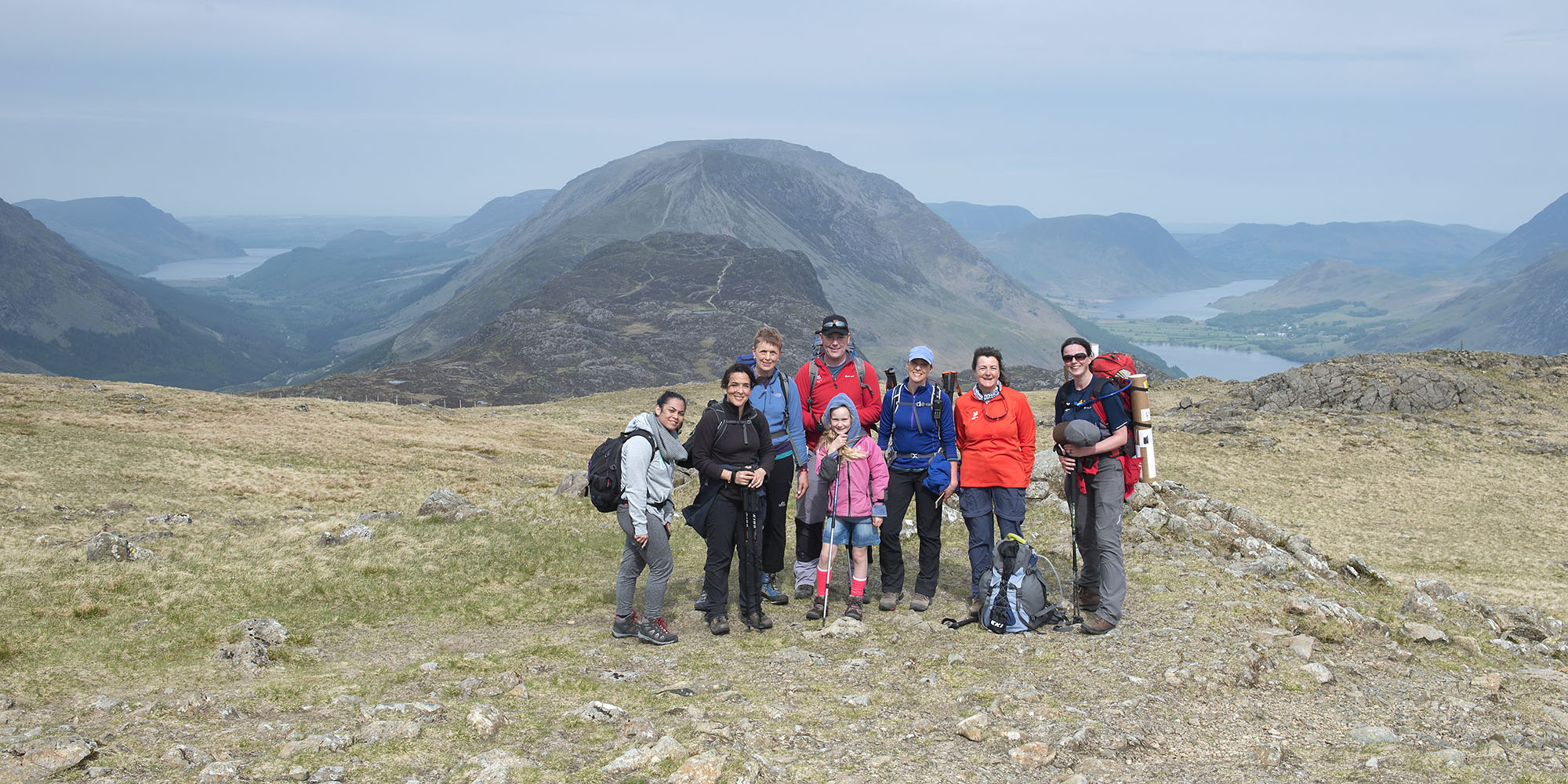
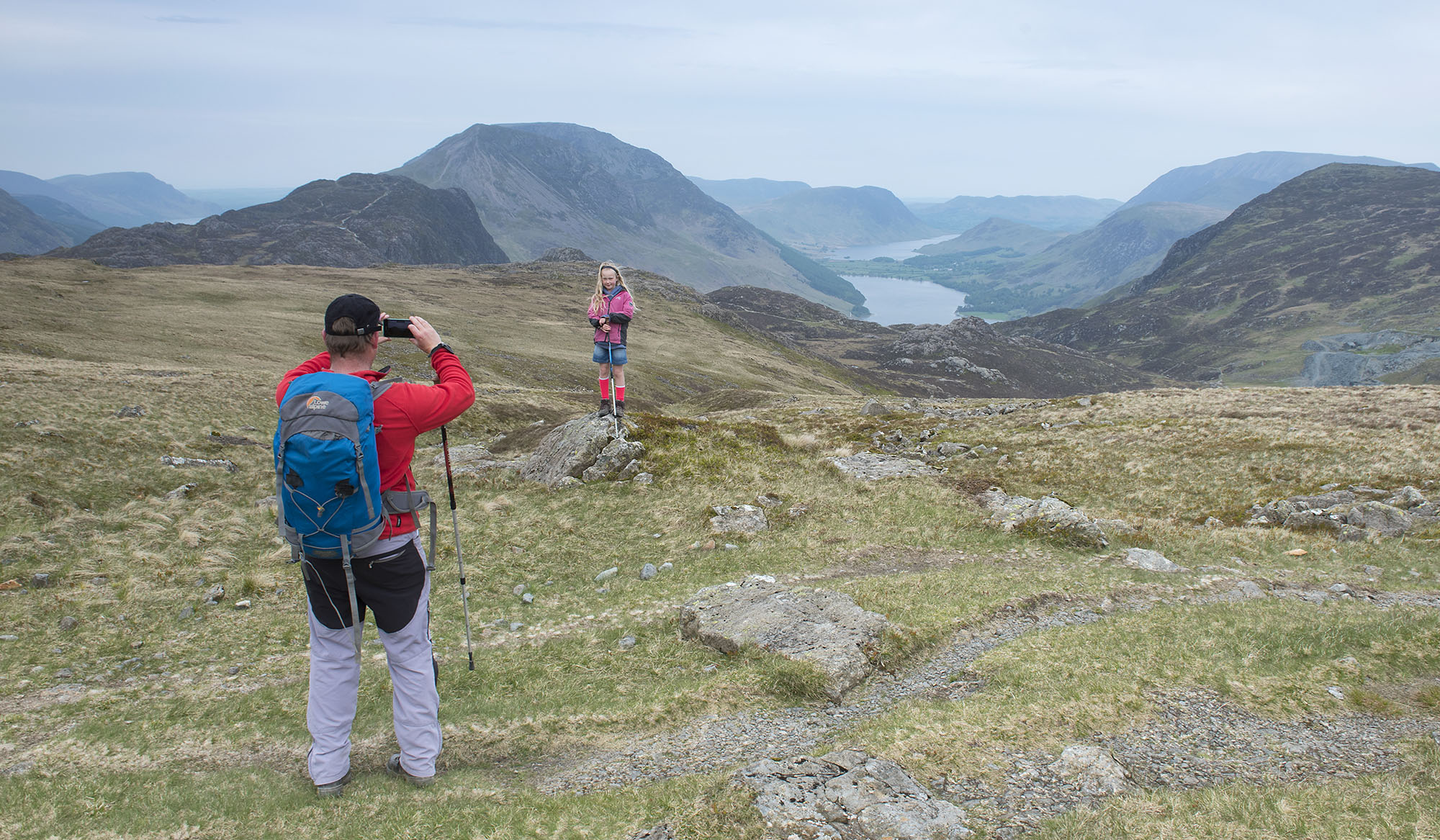
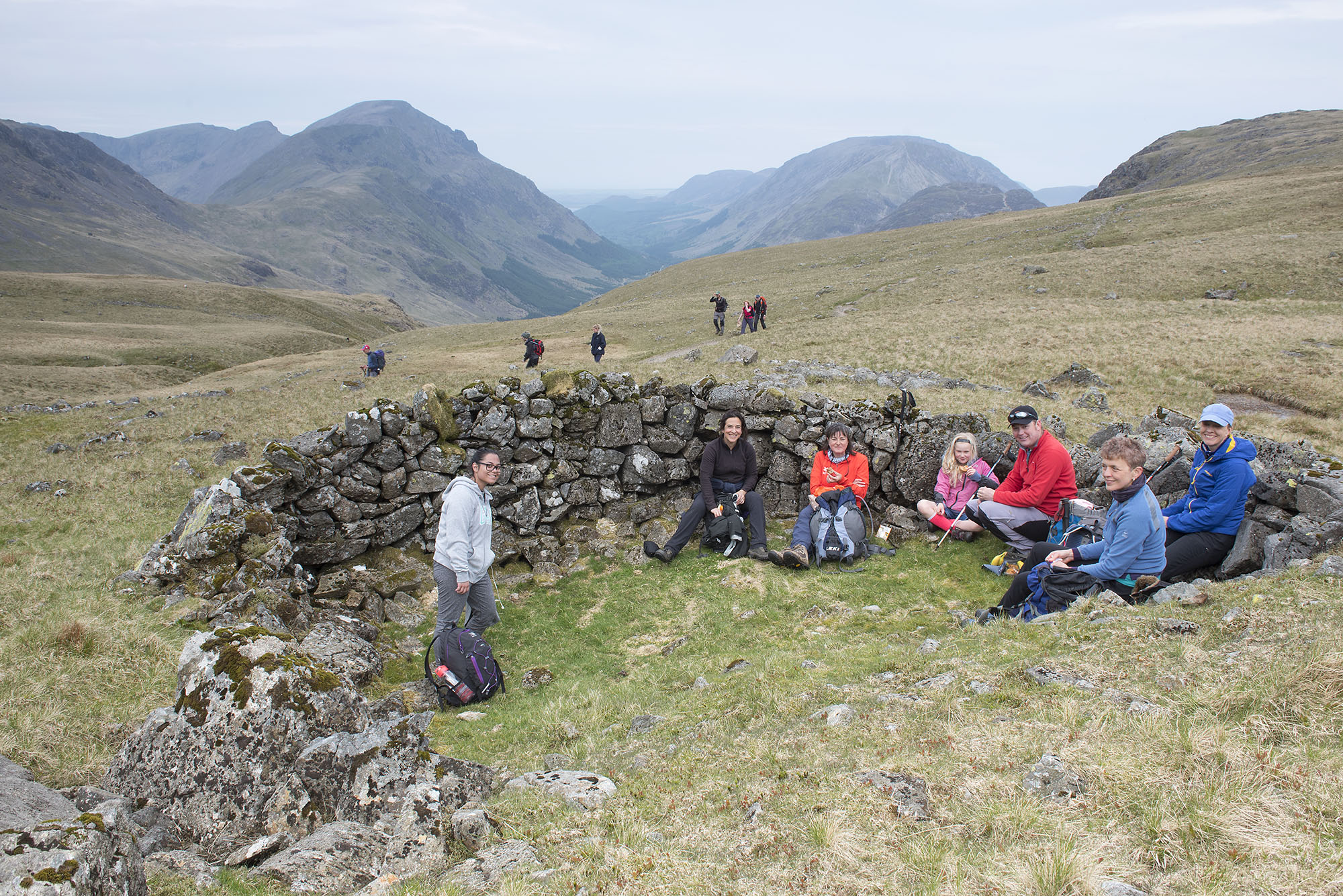
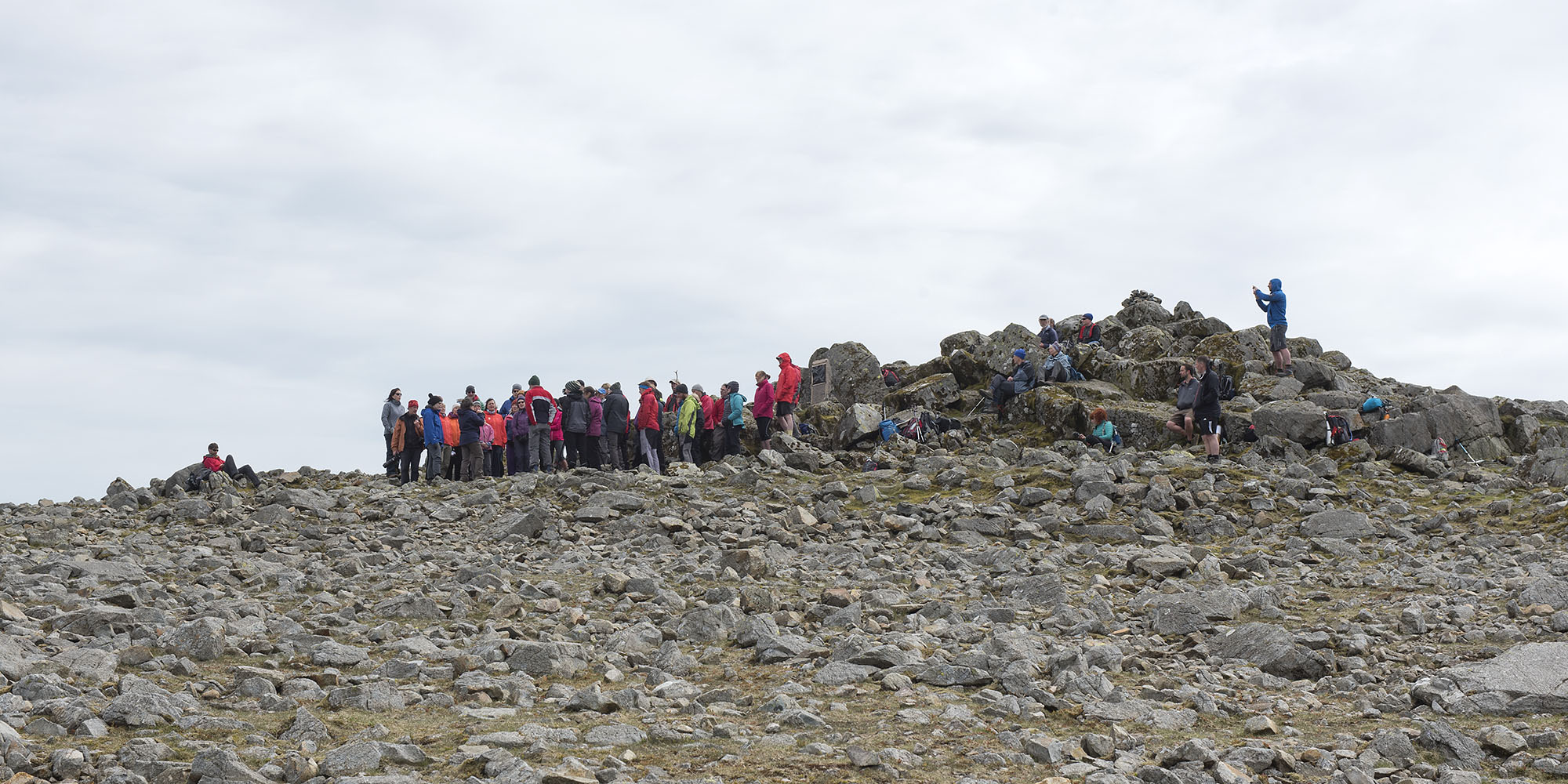
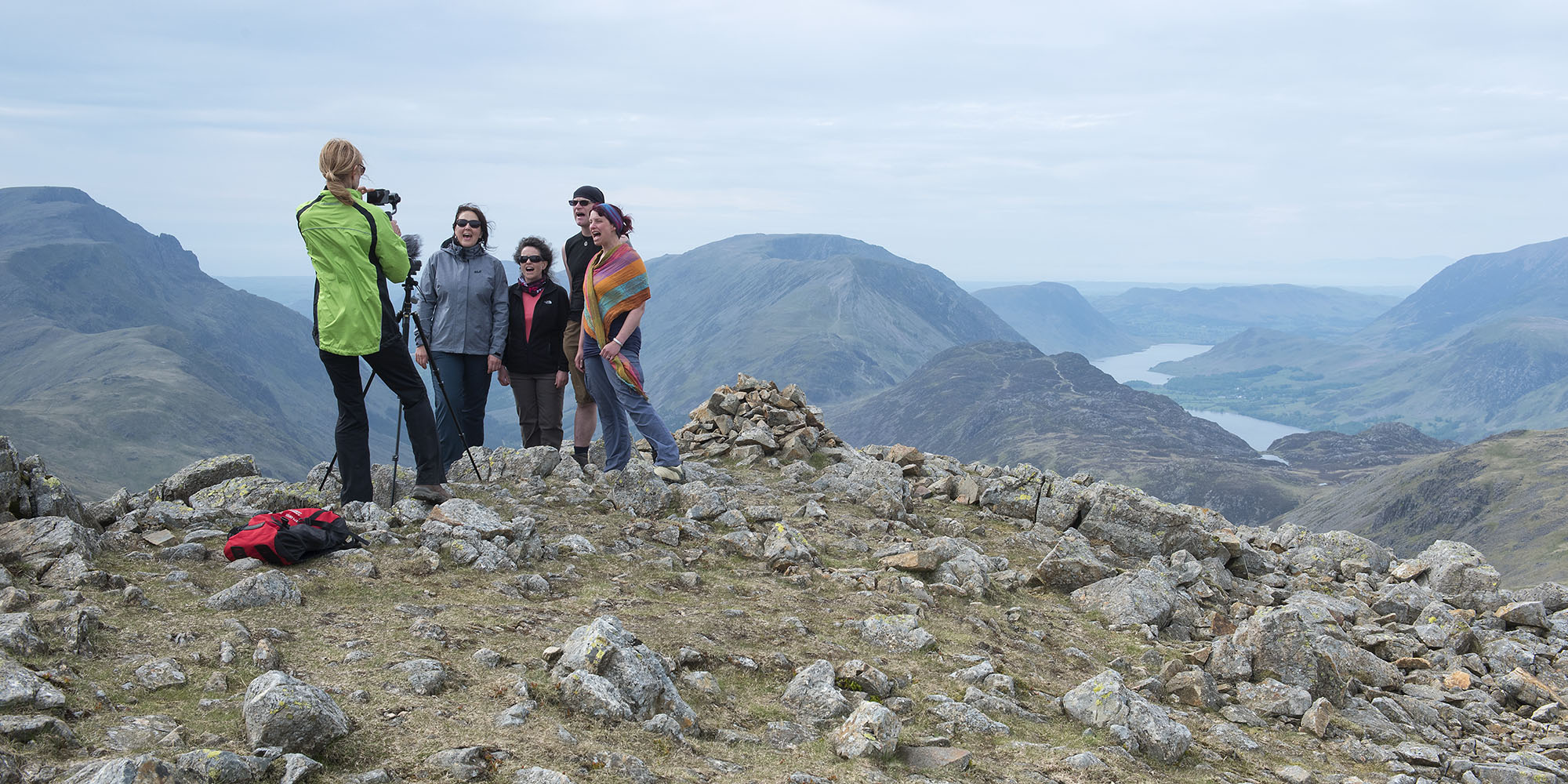

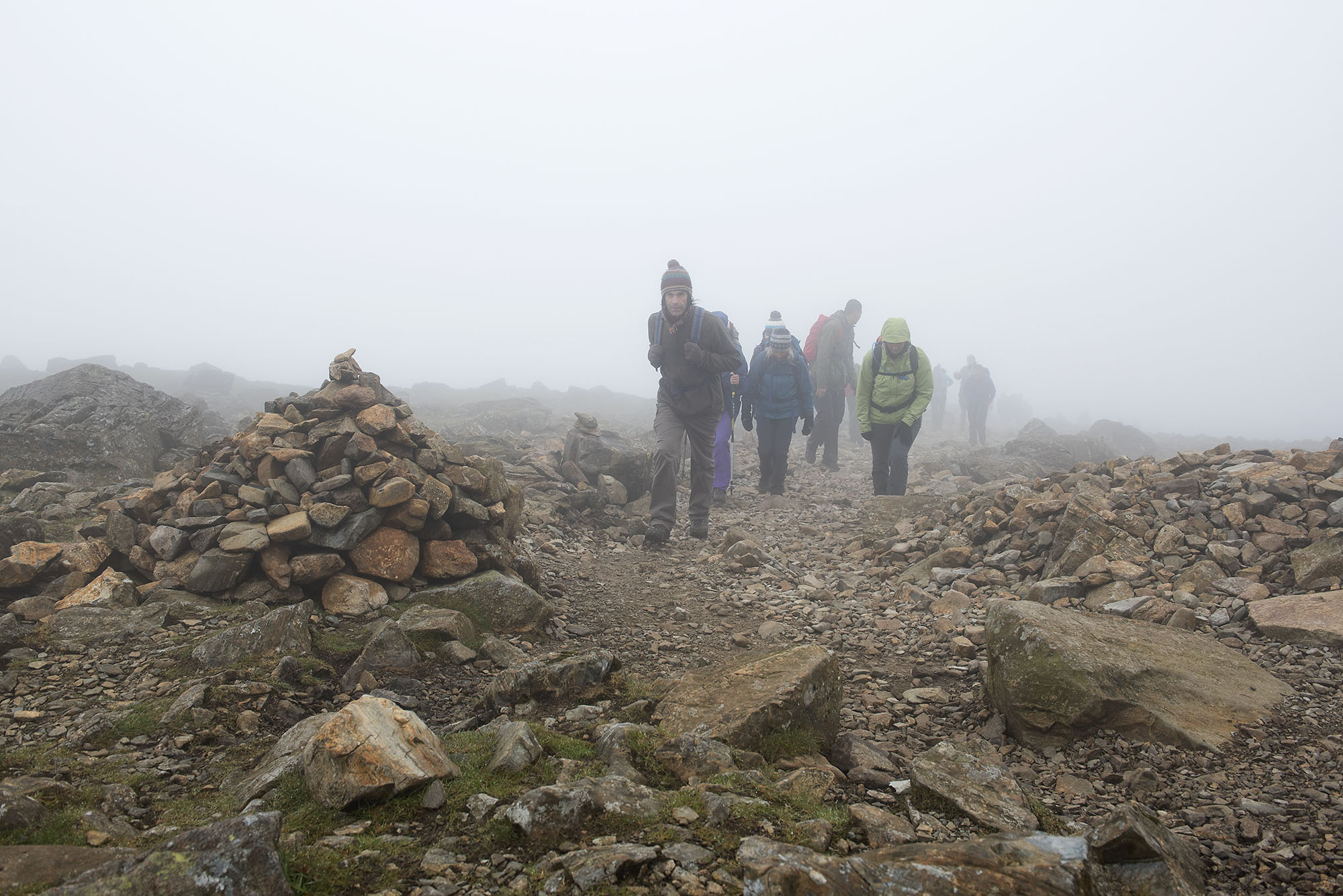

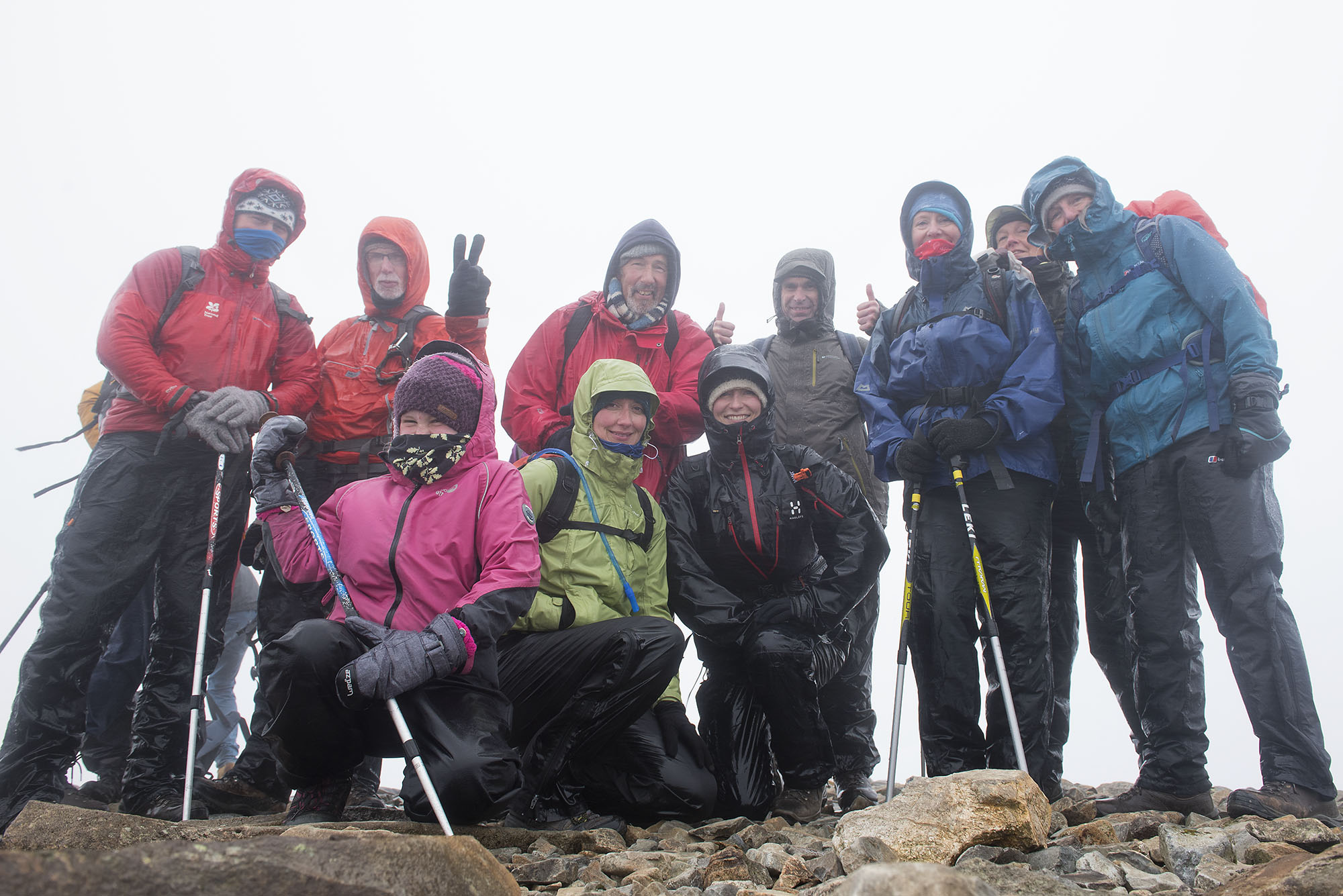
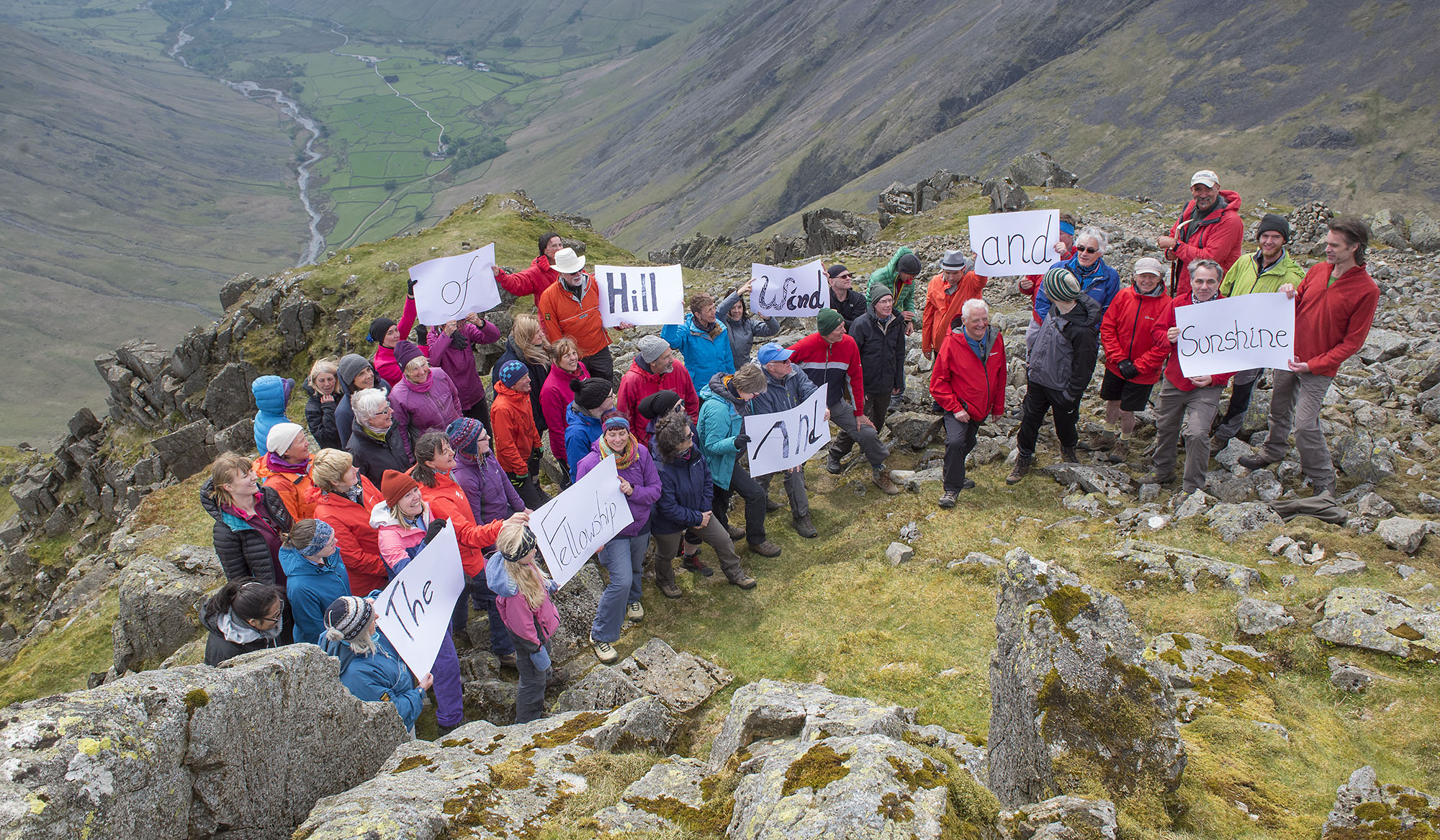

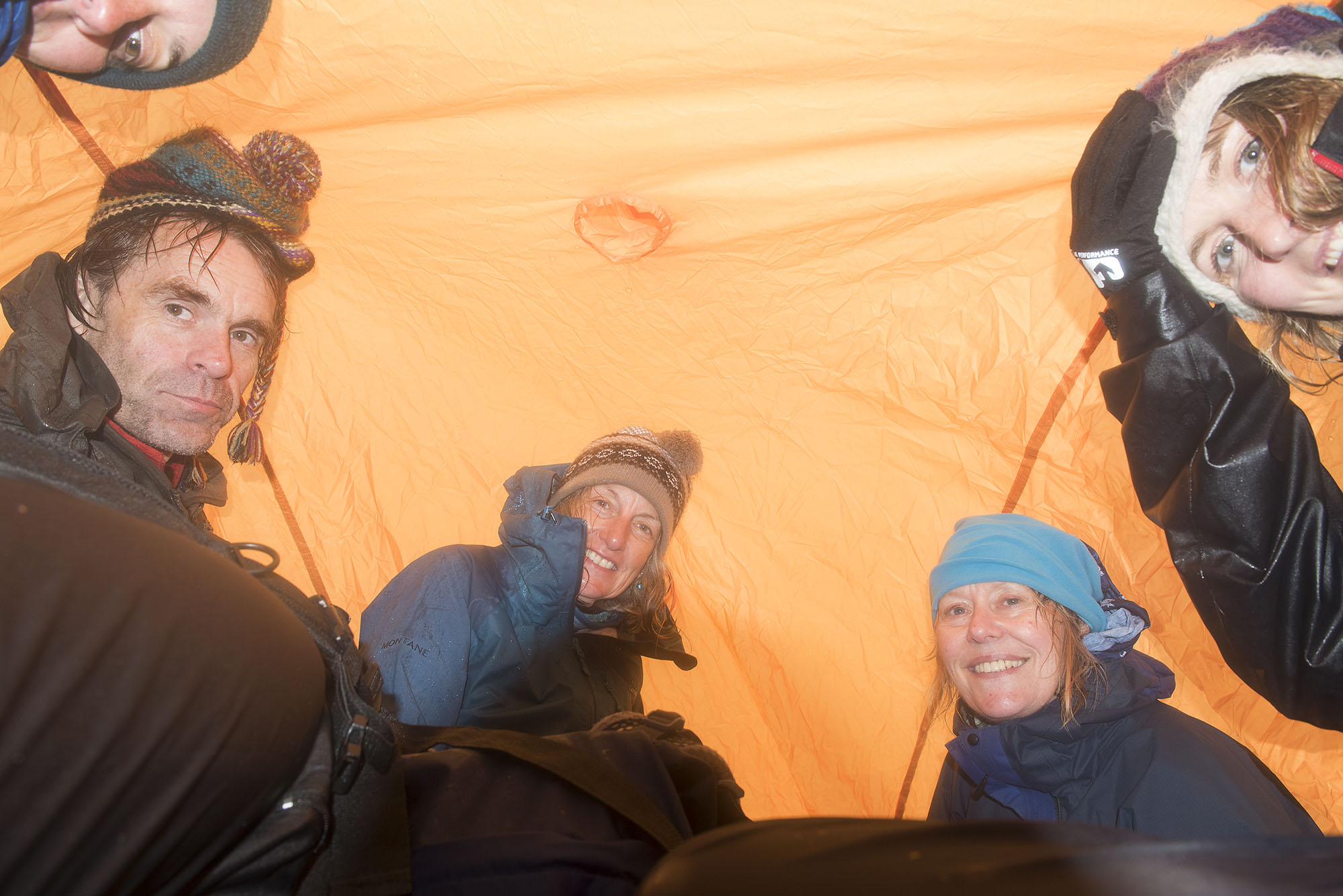

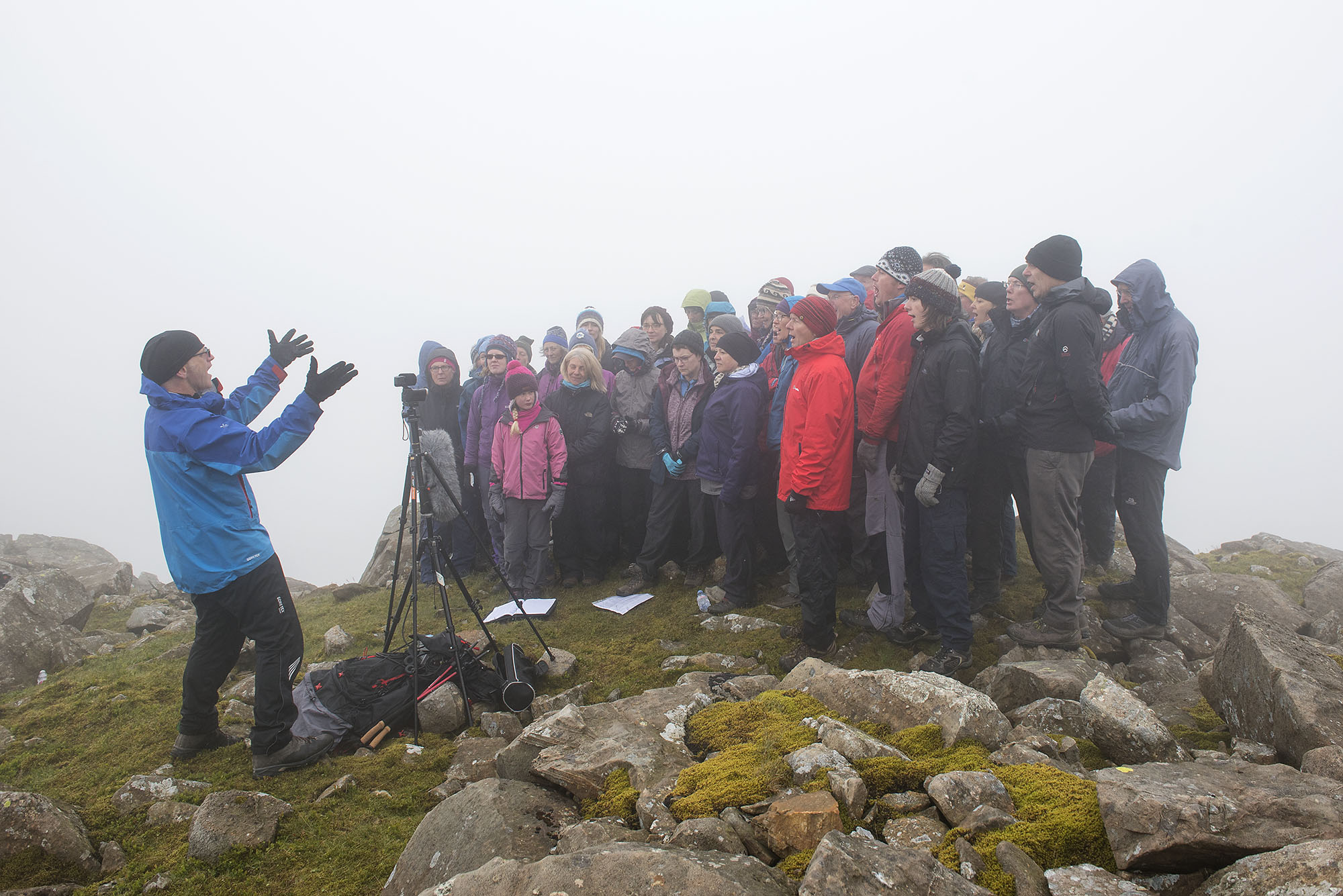
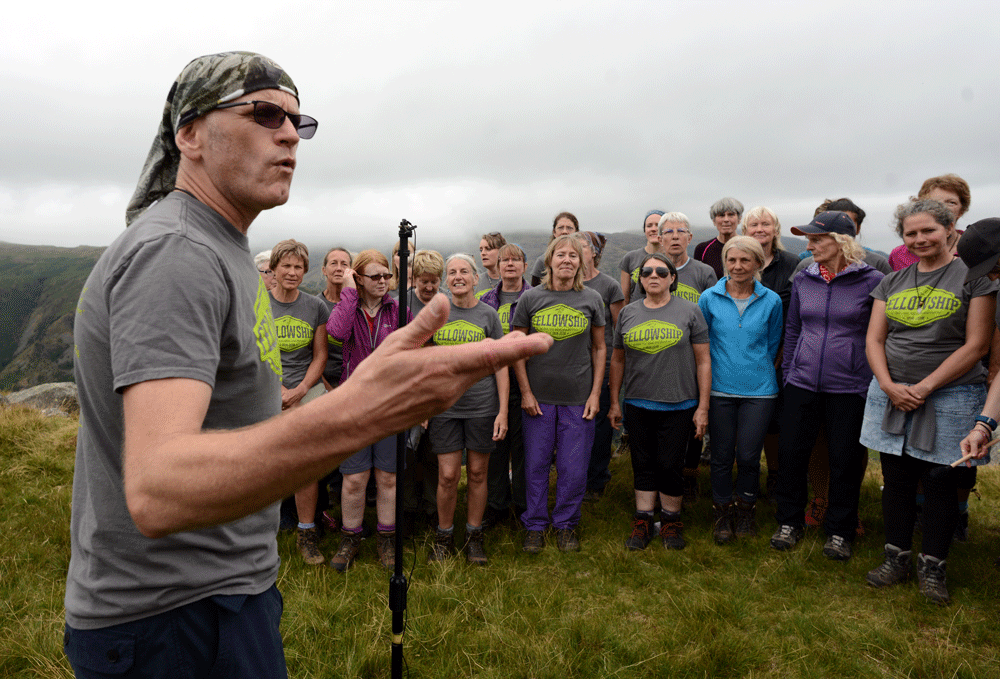
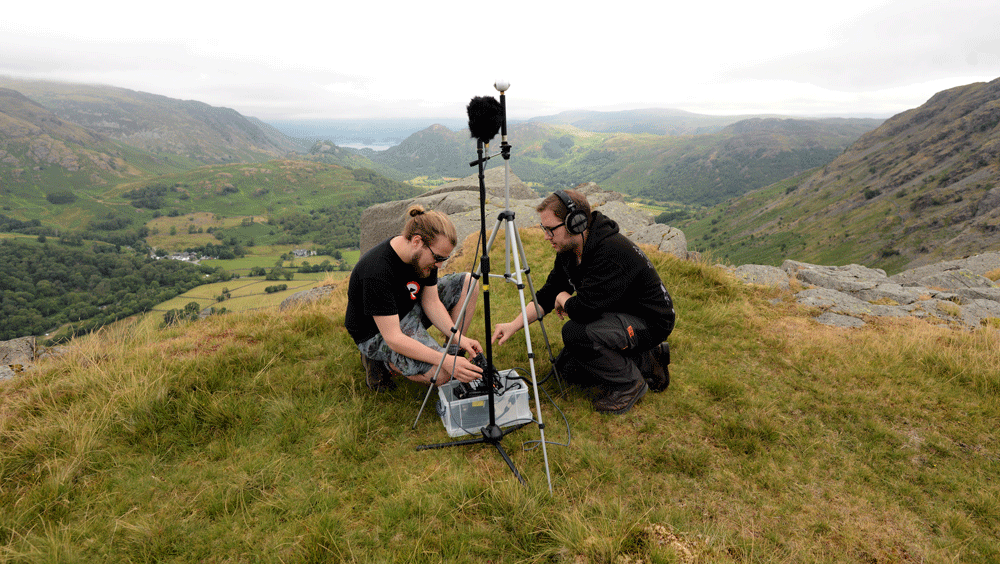
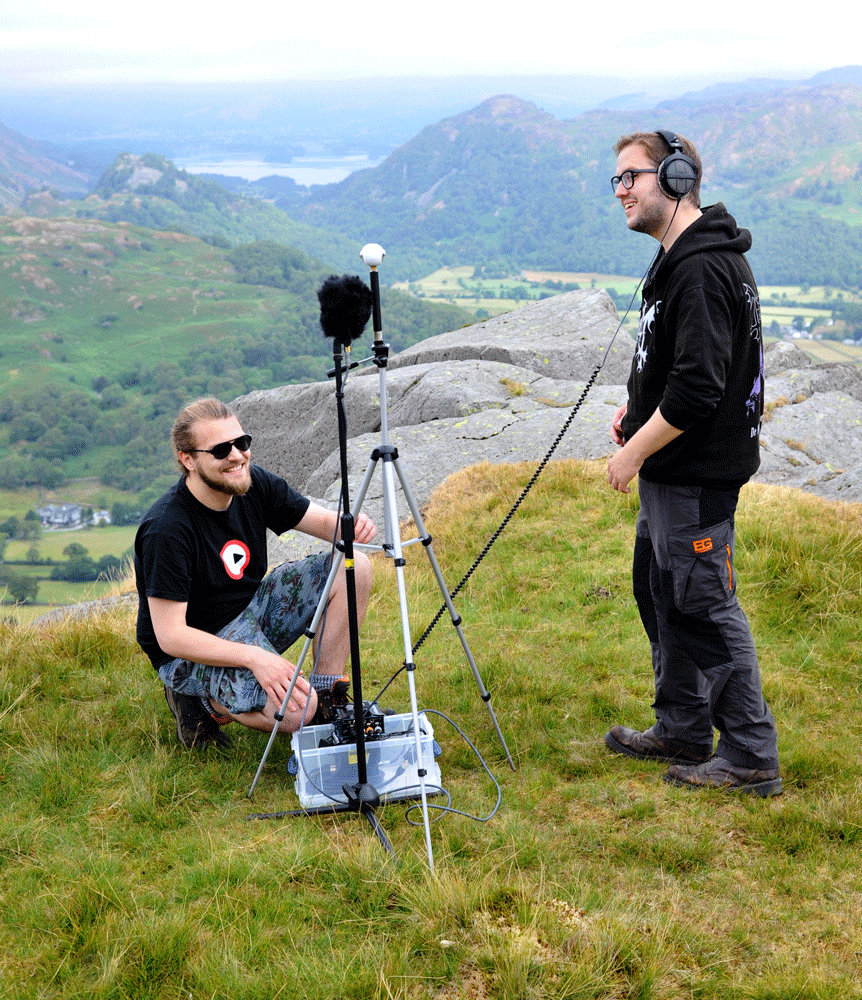
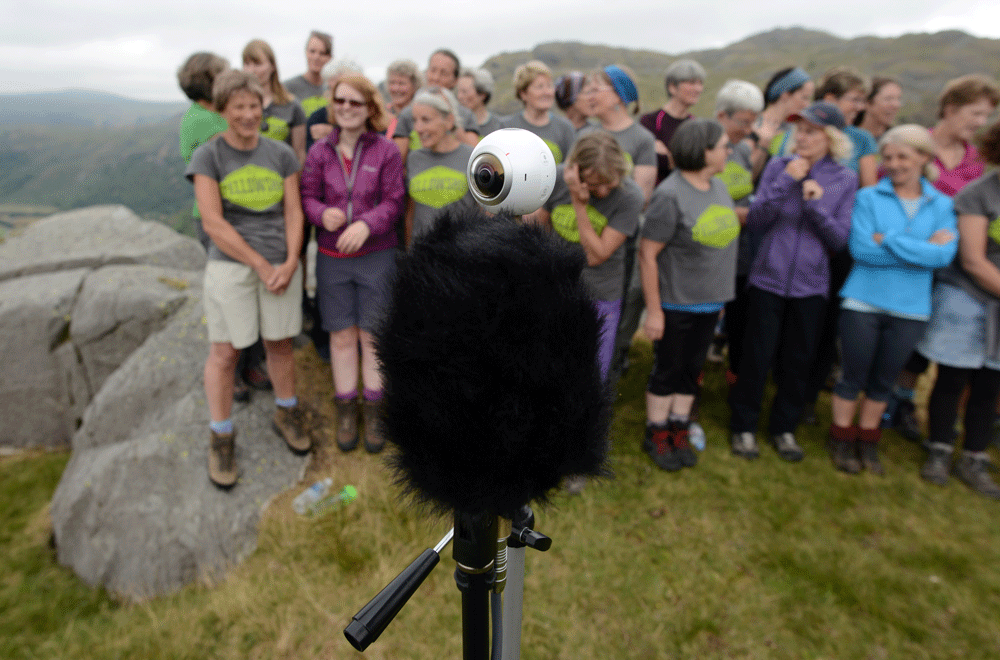
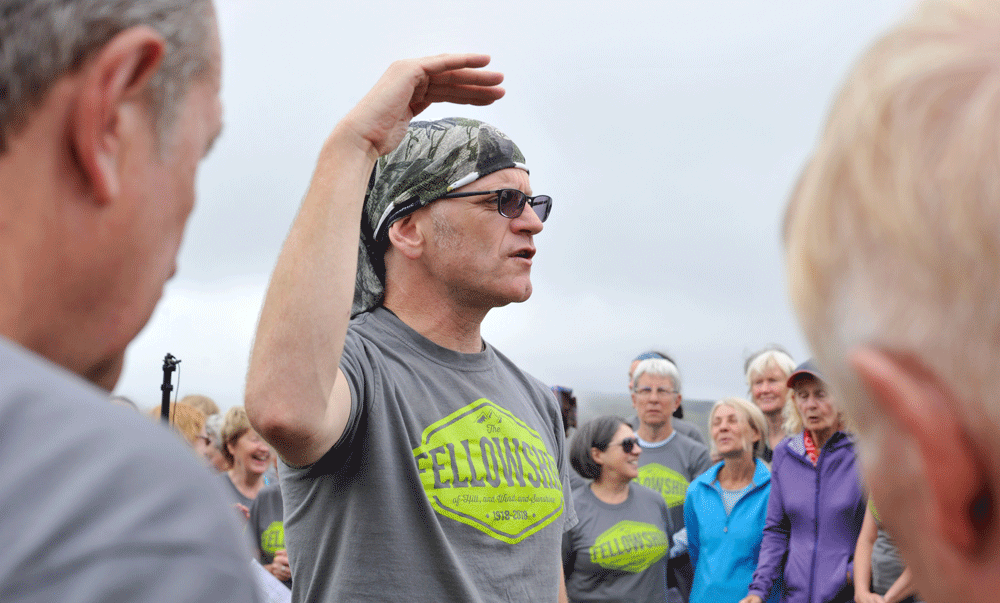
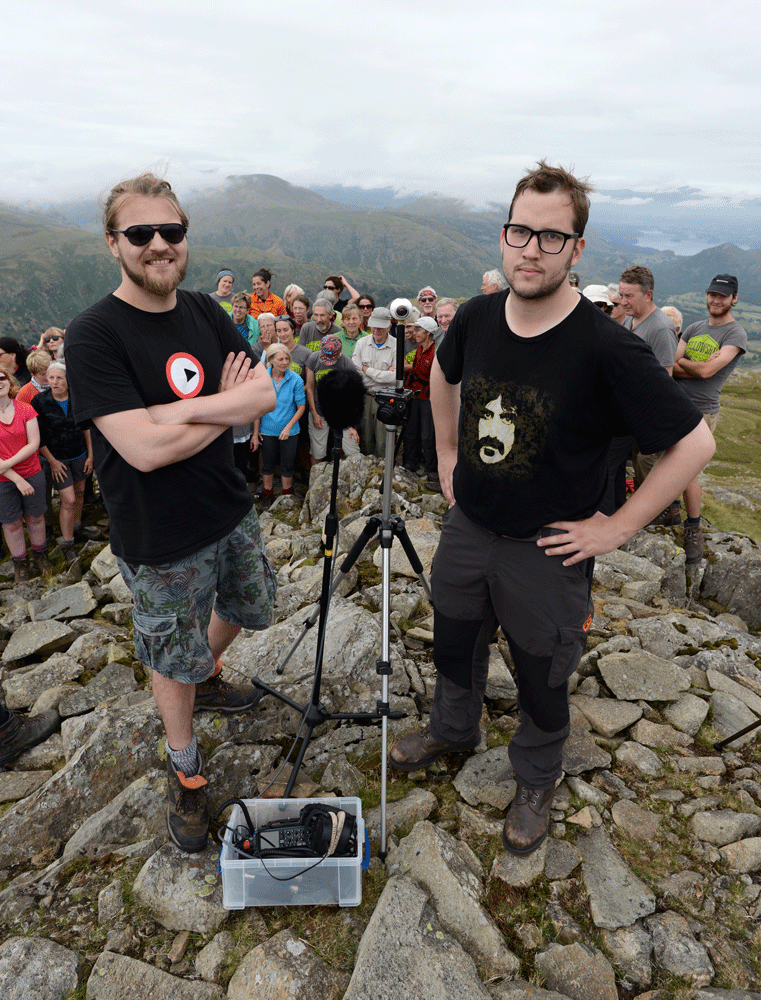
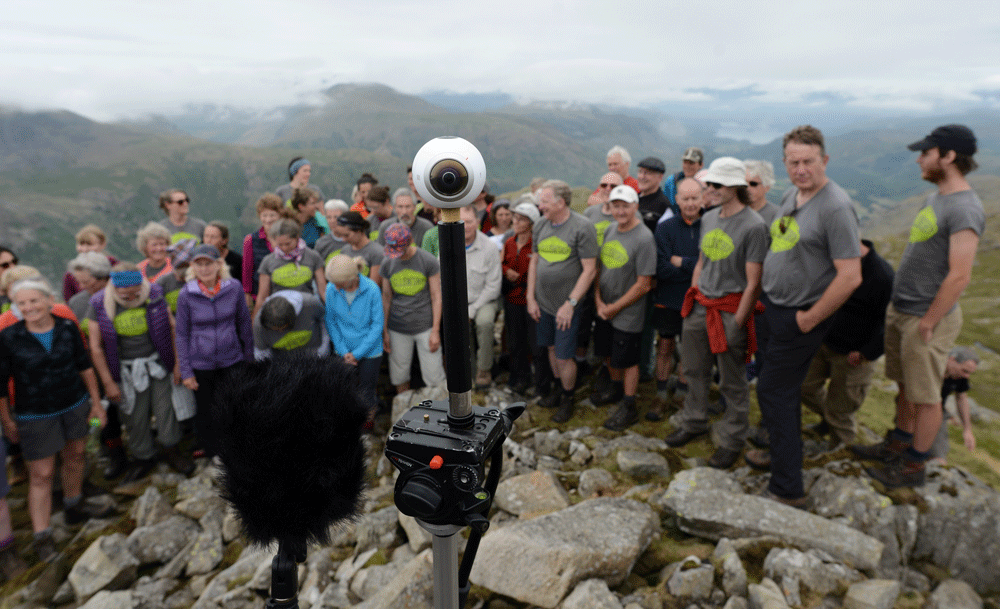
The gift to the nation of 12 mountain summits including Great Gable by the Fell and Rock Climbing Club was described in headlines at the time as ‘The World’s Greatest War Memorial’. It had a profound impact on the way that our country's mountain landscapes came to be viewed and cared for.
During 2018, the centenary year of the end of the First World War, Dave from Mouthful and the National Trust commemorated this visionary act with a ‘leave no trace’ project exploring the power of this memorial through a song cycle sung by a 'scratch' choir on each of the summits over the summer, in May, June and July.
Colleagues from University of York have captured the performances in virtual reality (VR), so that people unable to join us on the mountain-tops can still be with us, through the power of VR. Click below for more details…
In the News
We've had loads of great media coverage of the project, including features on BBC and ITV national news, as well as radio coverage on Radio 2, Radio 3, Radio 4 (Today programme) and BBC Cumbria. We've also had stories in The Guardian, Westmorland Gazette and Grough Magazine, as well as a nice feature on ITV Border News.
Trip to the Lakes
During lockdown, Dave returned to some of the unseen footage - and songs - from the Fellowship project to form the bones of a new multimedia performance project, Trip to the Lakes, which was premiered at Kirkgate Arts Centre in Cockermouth in December 2020. Read more about it here…
Below are videos from the show of three of the songs, the Fellowship song itself, and Dave’s song Old Straight Tracks and his setting of William Wordsworth’s Dear Native Regions
